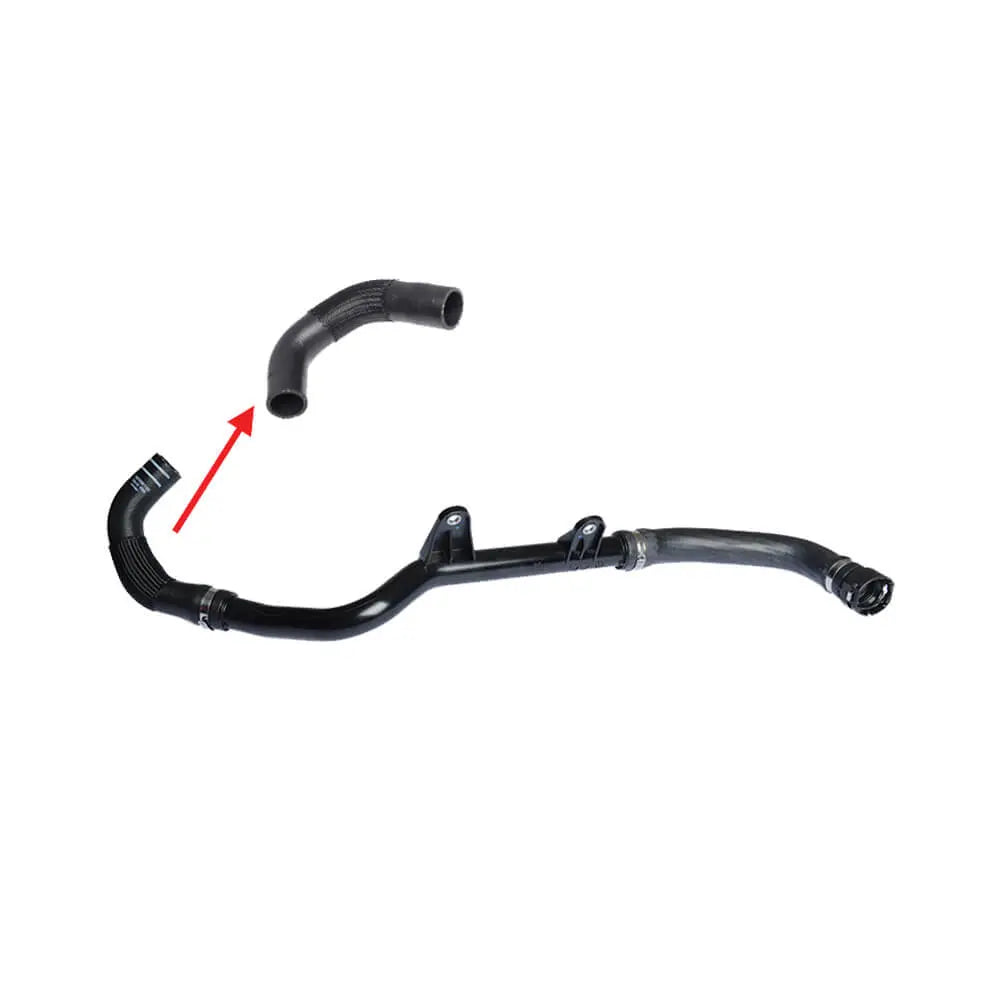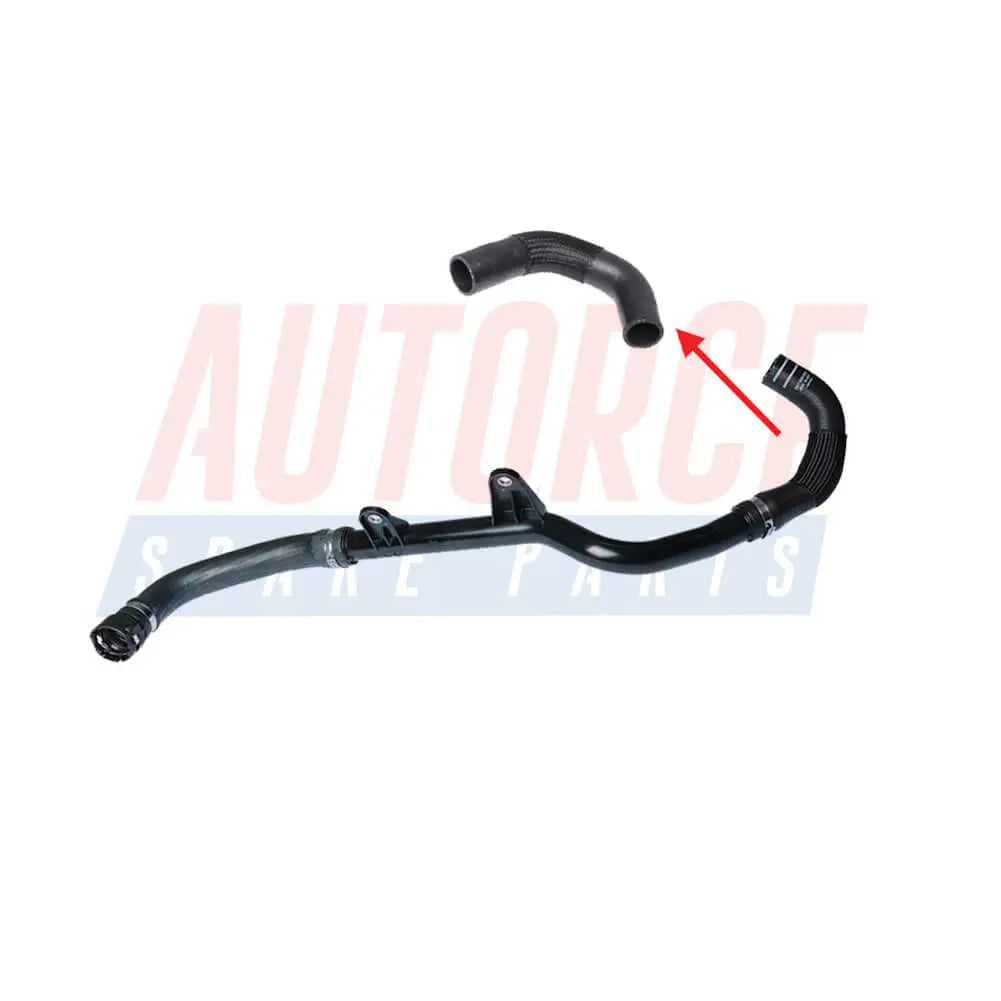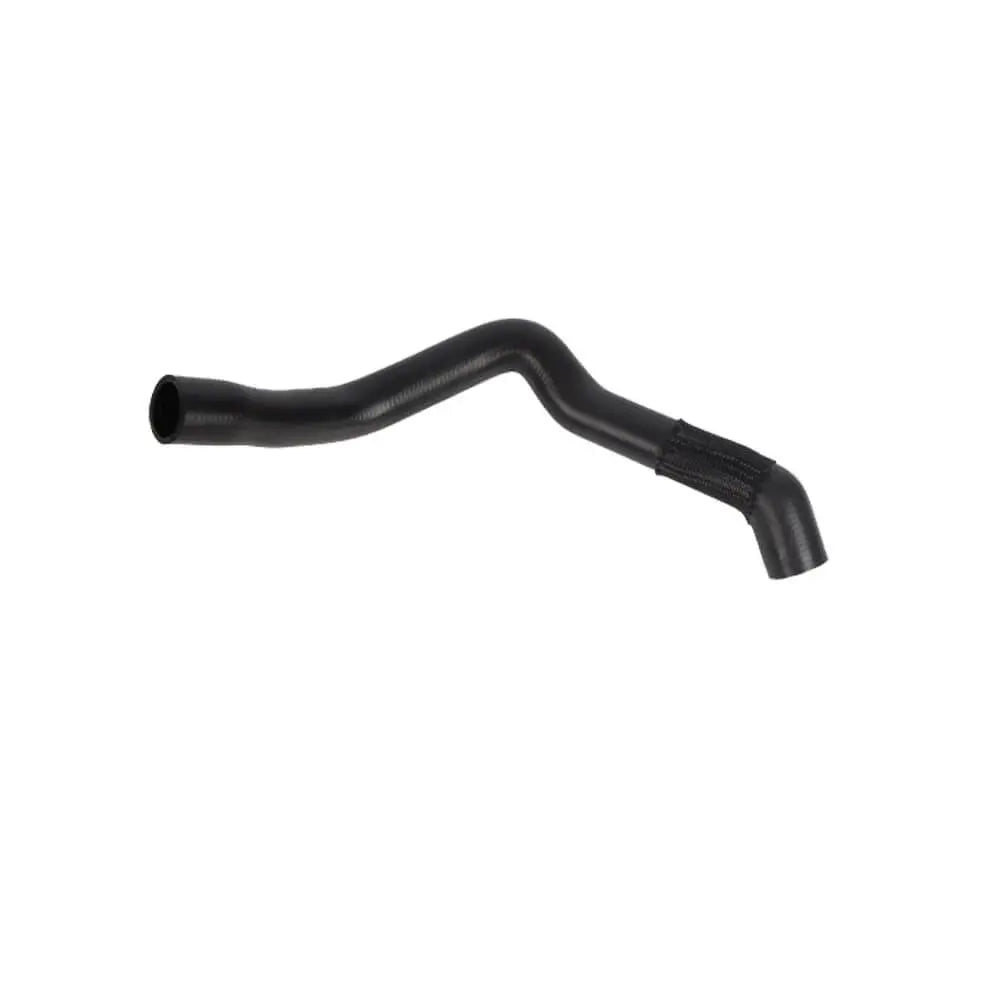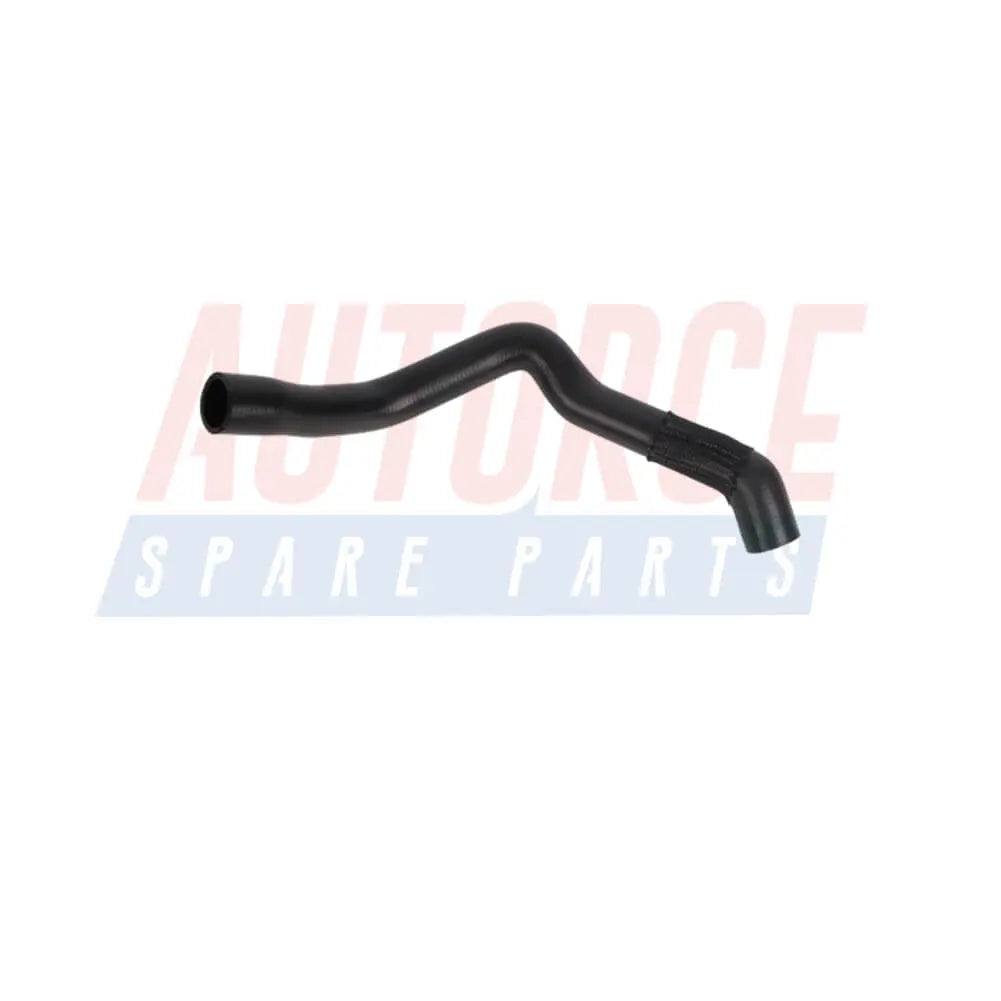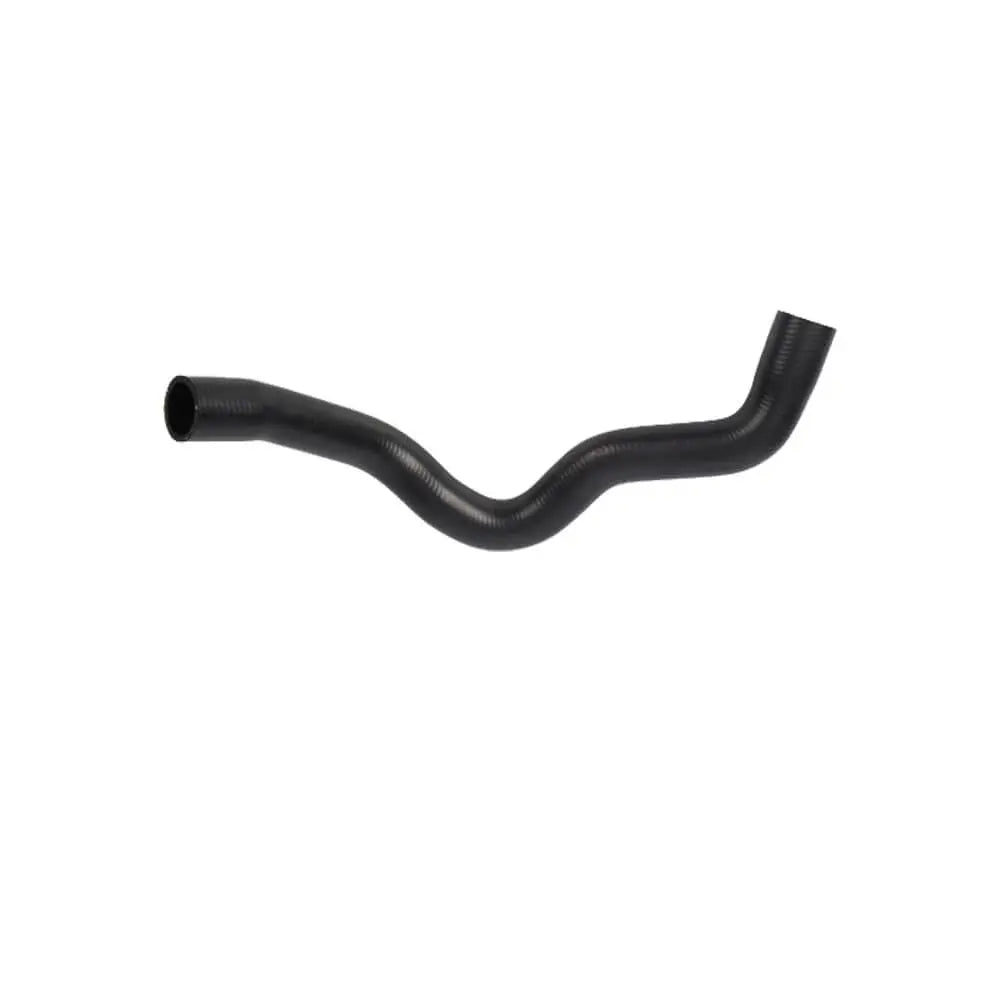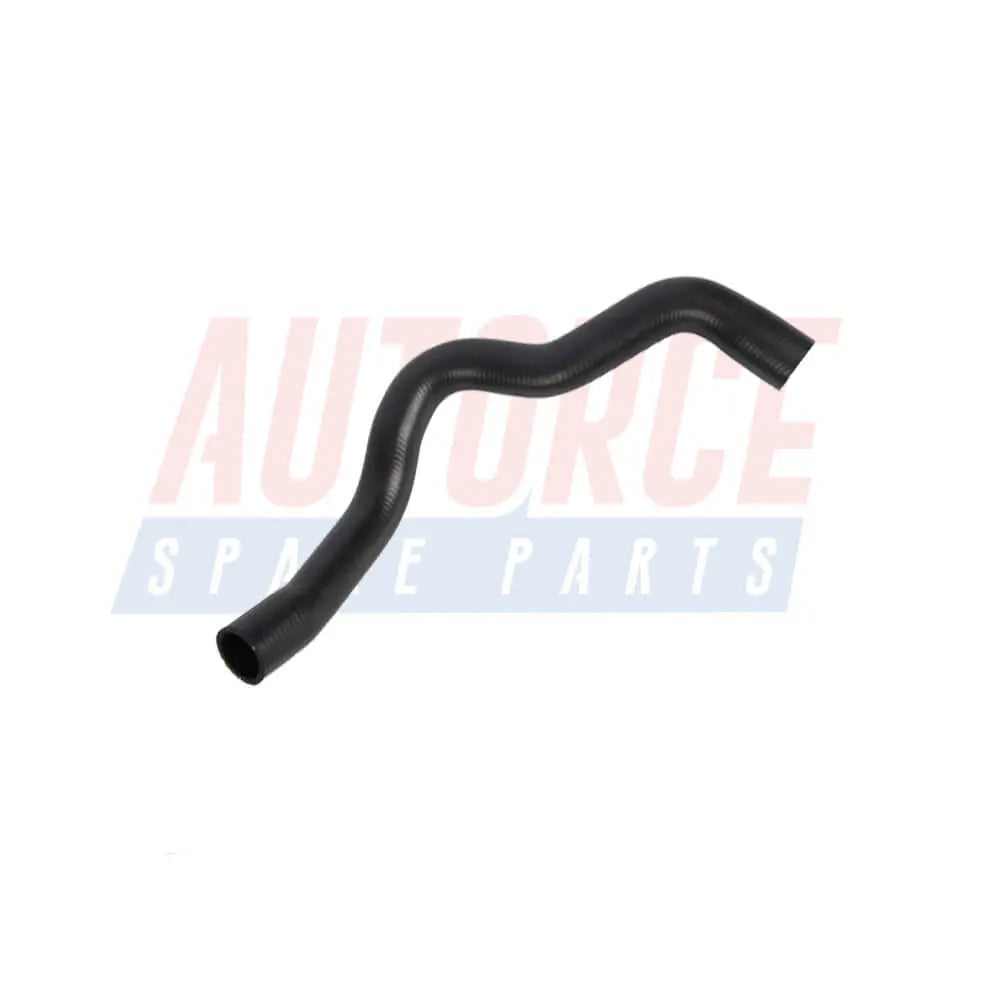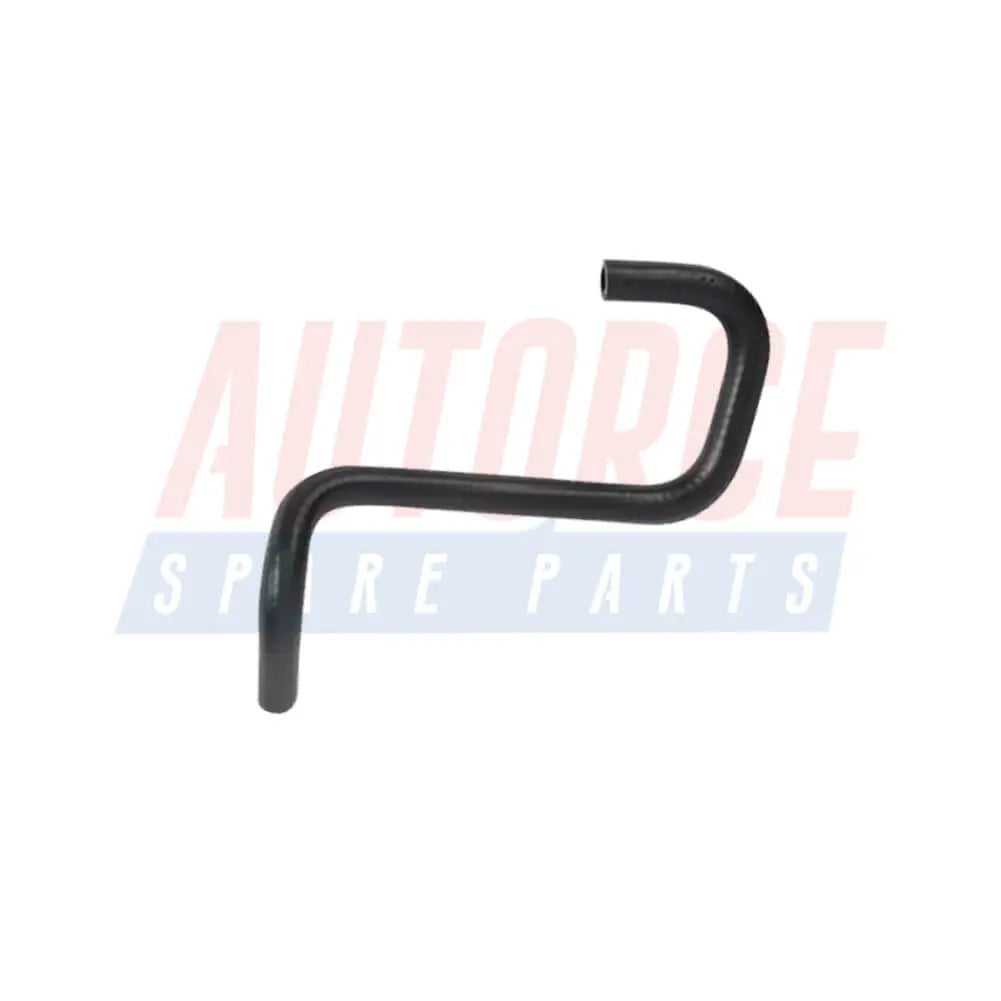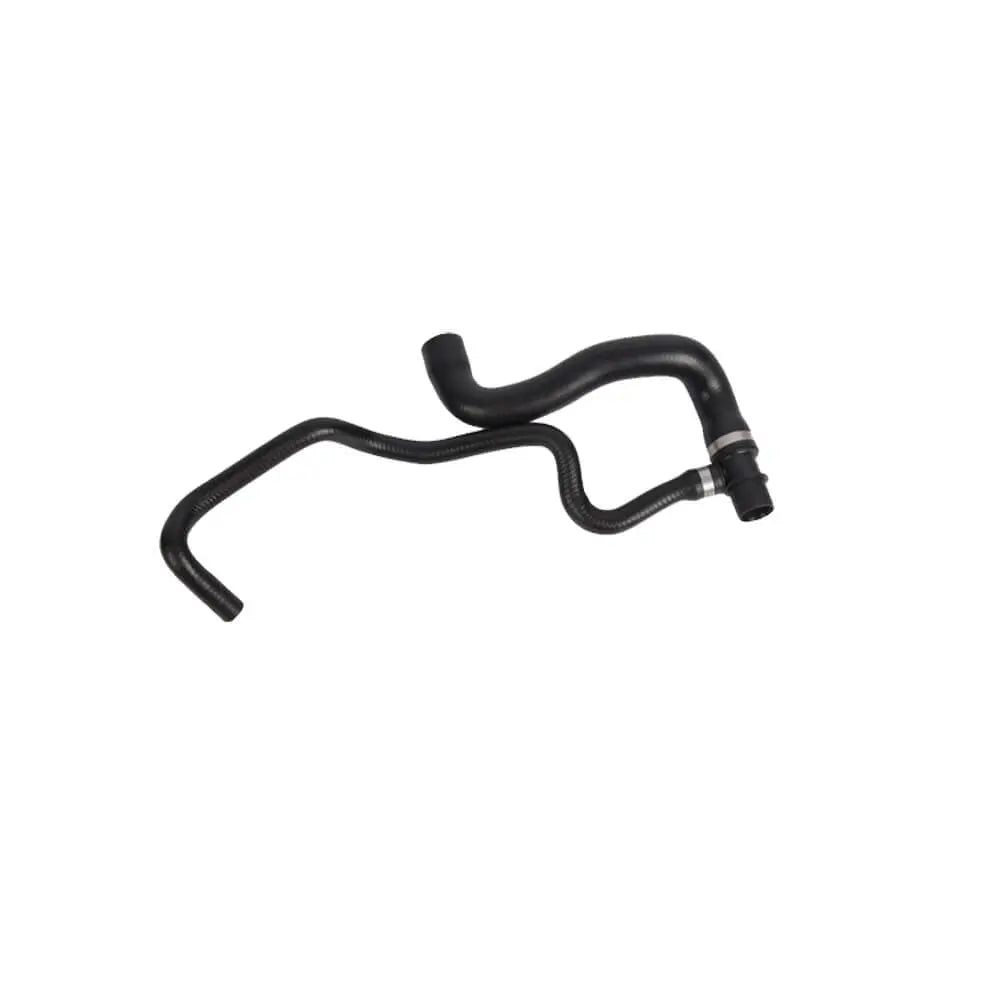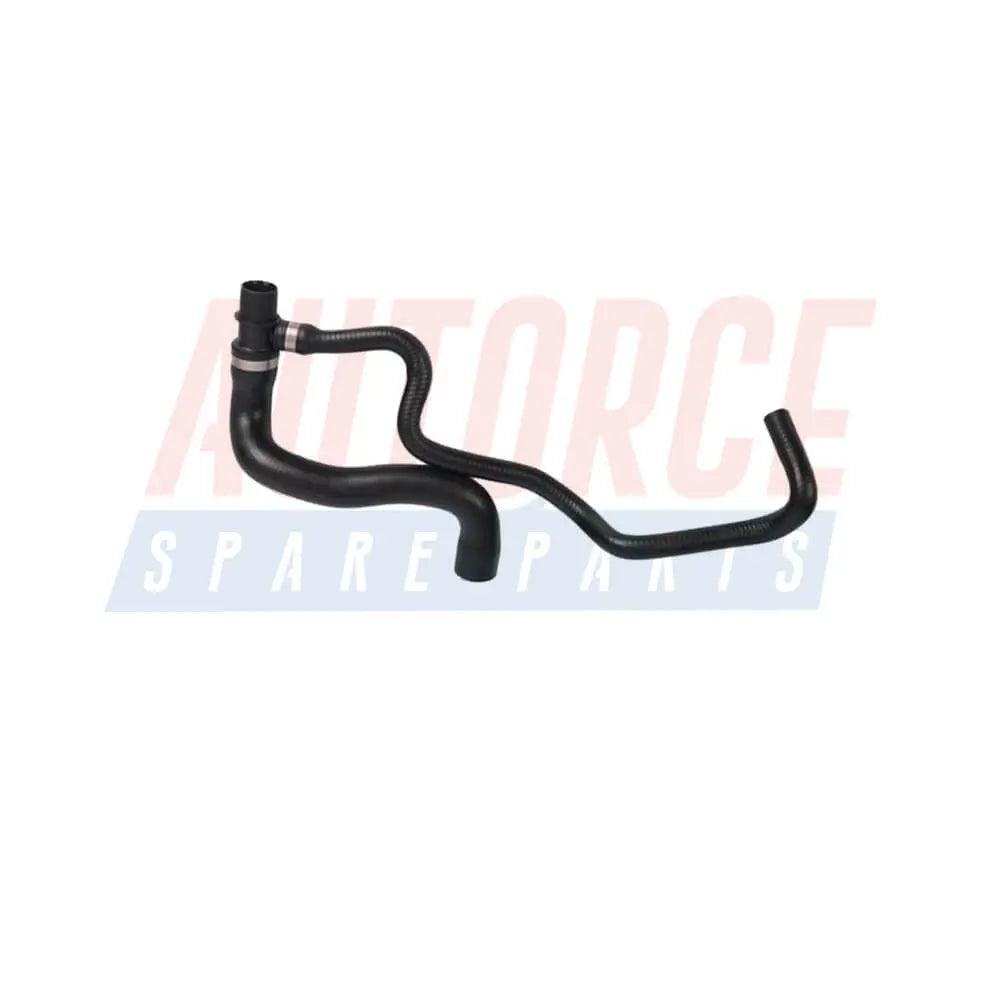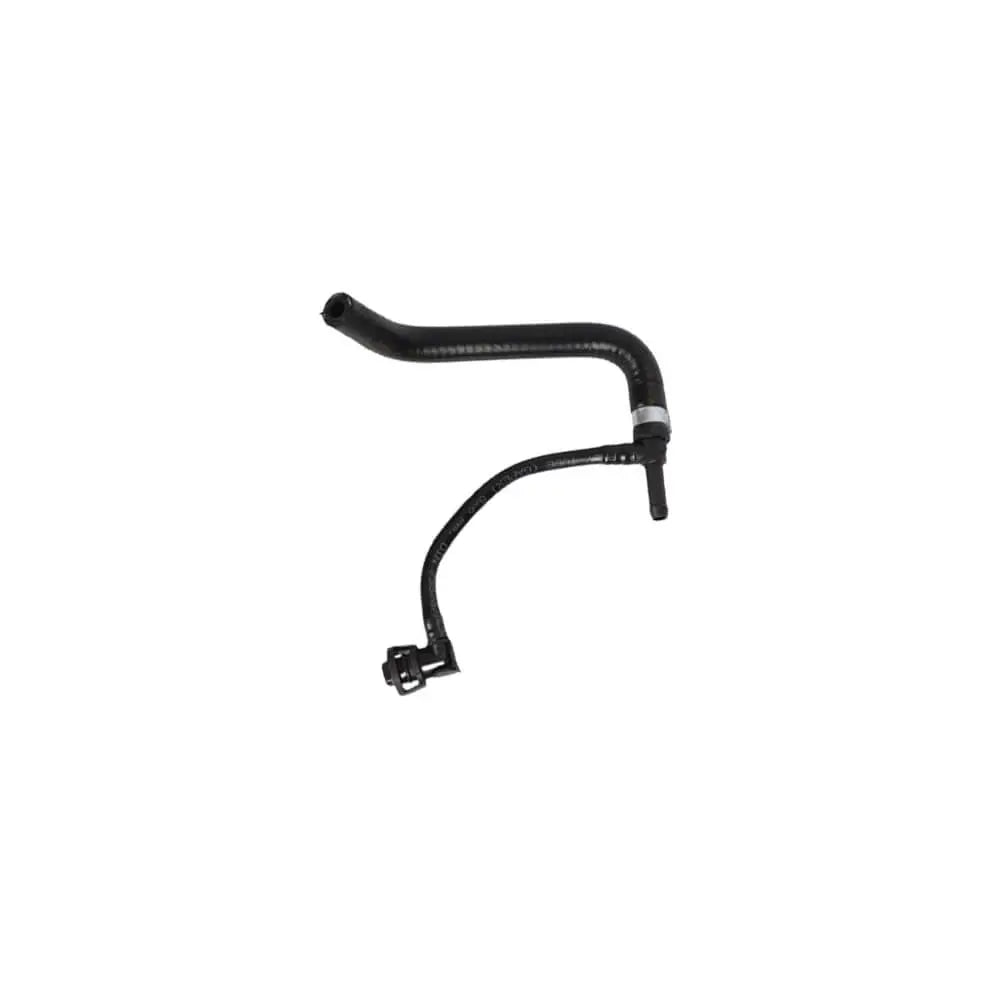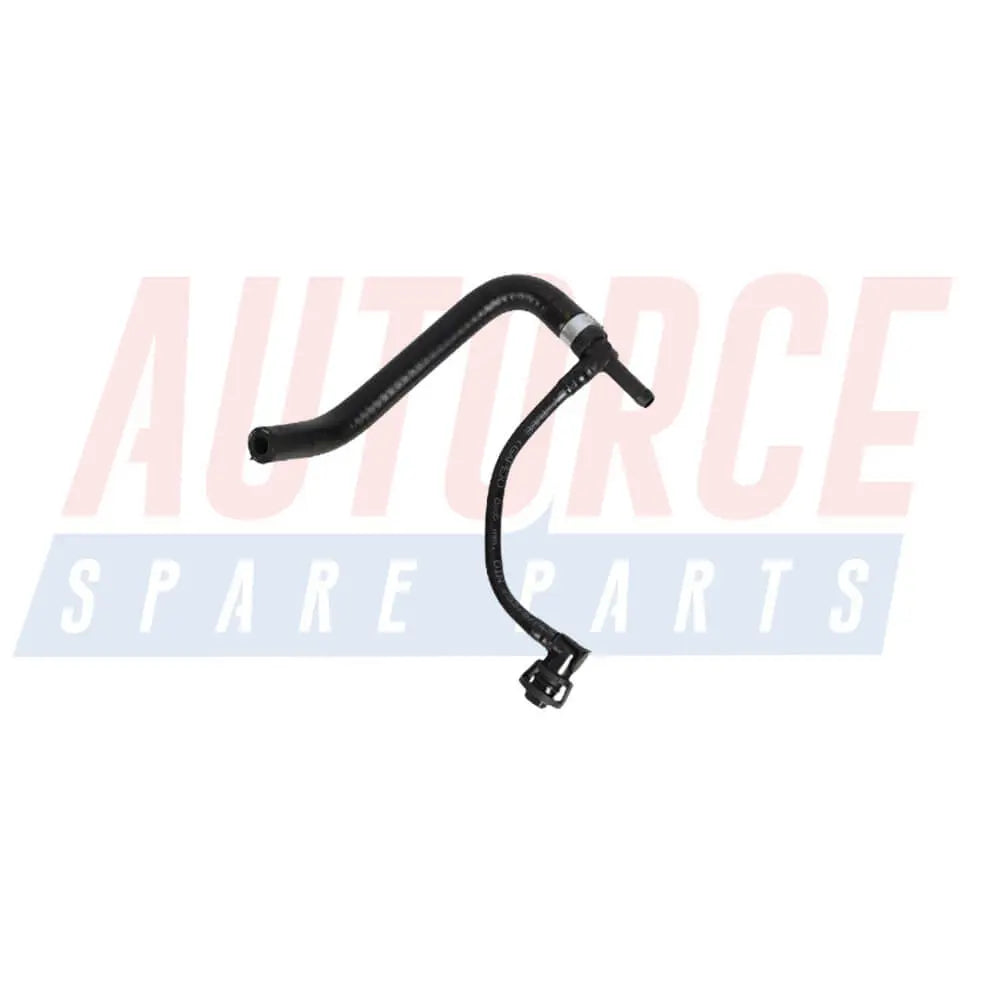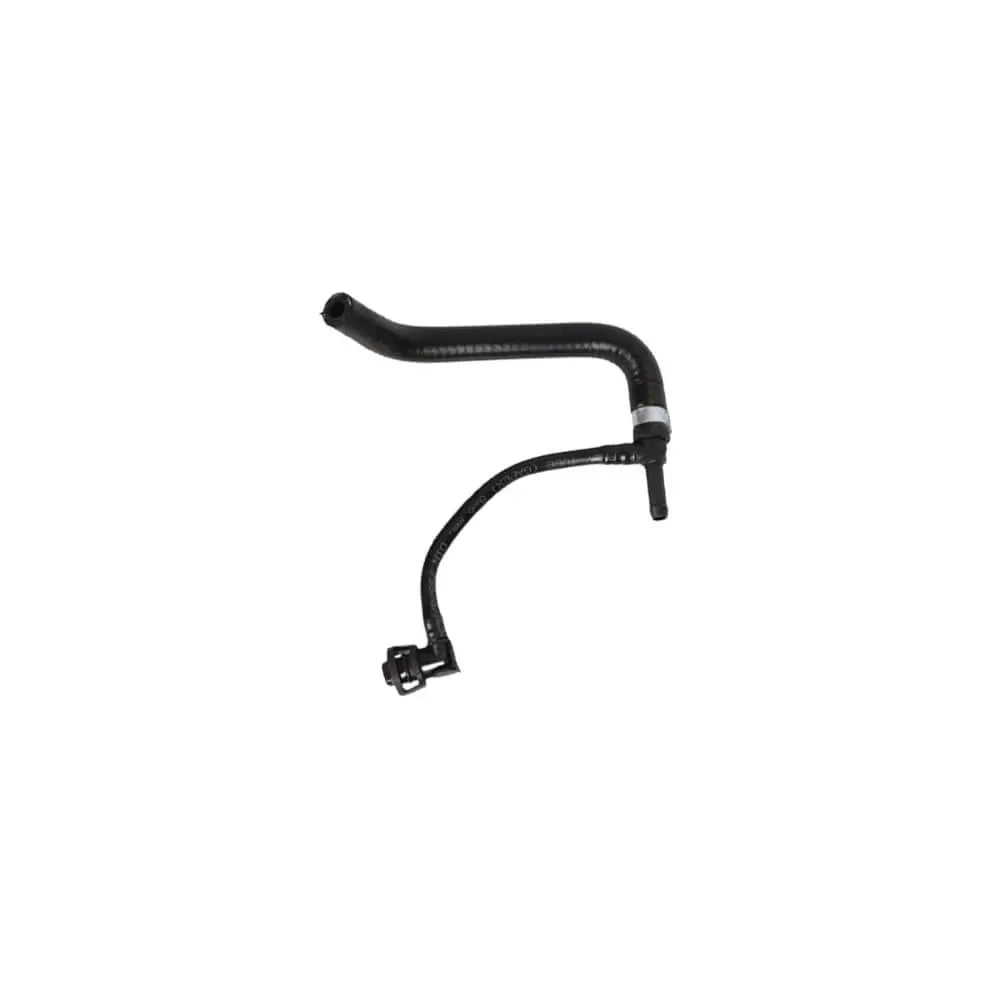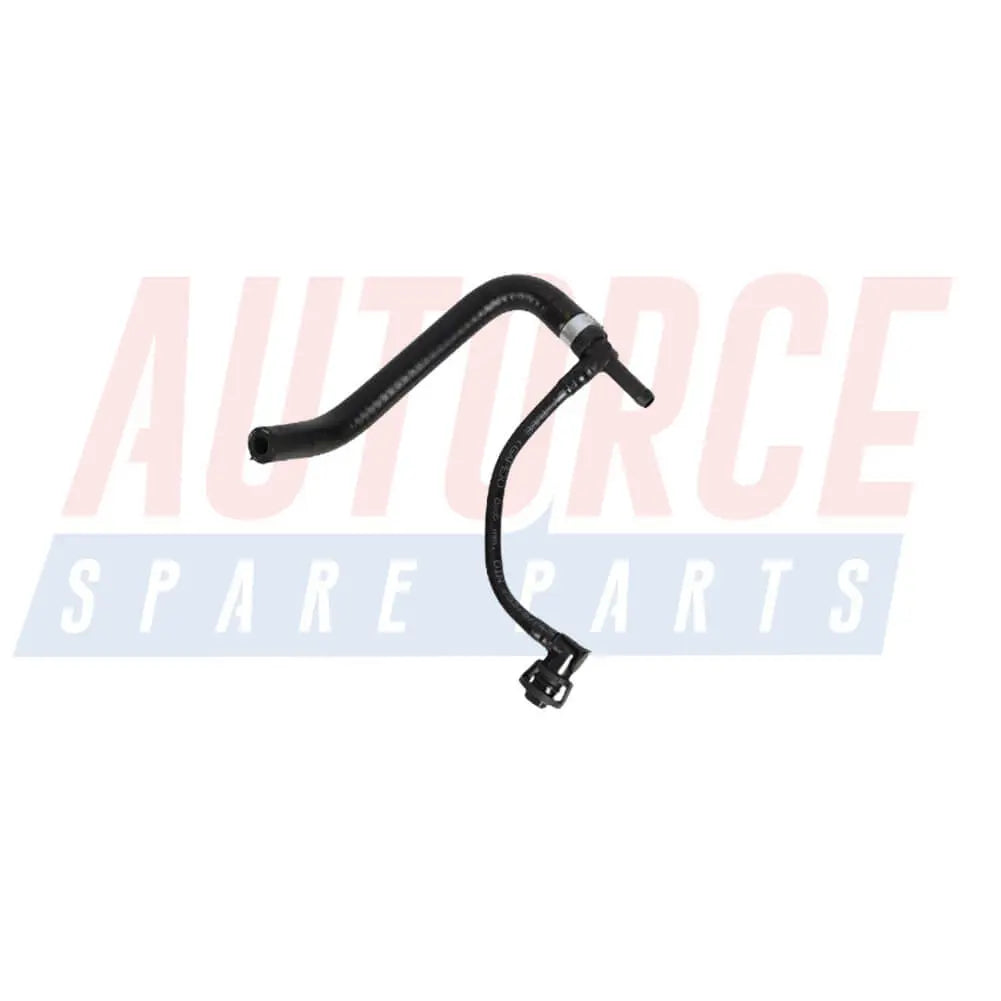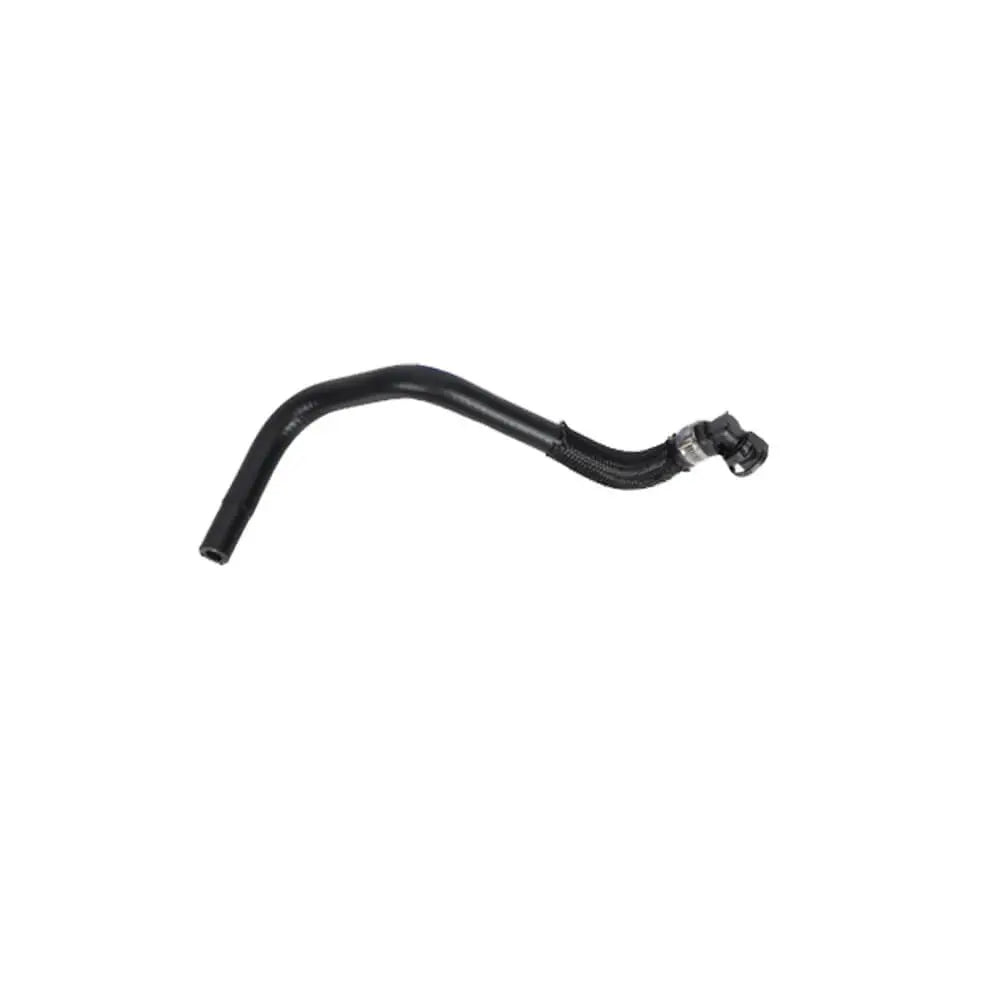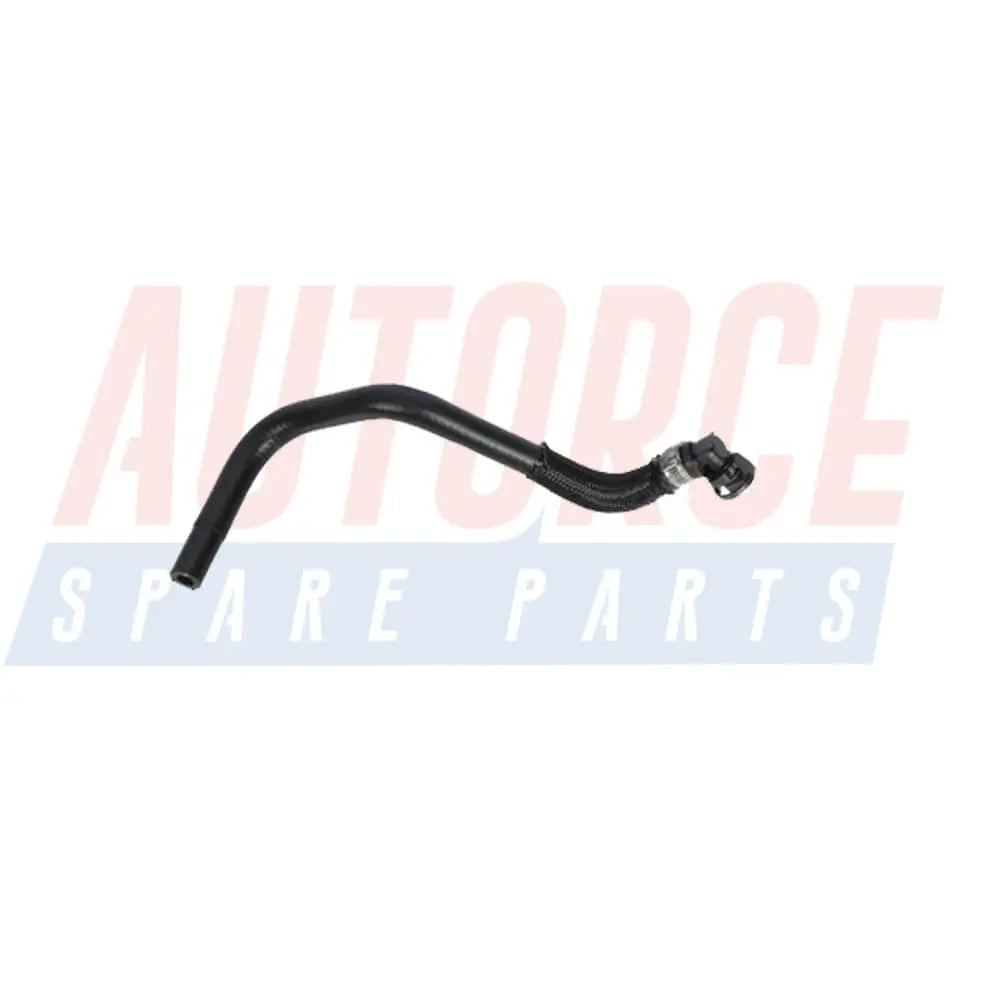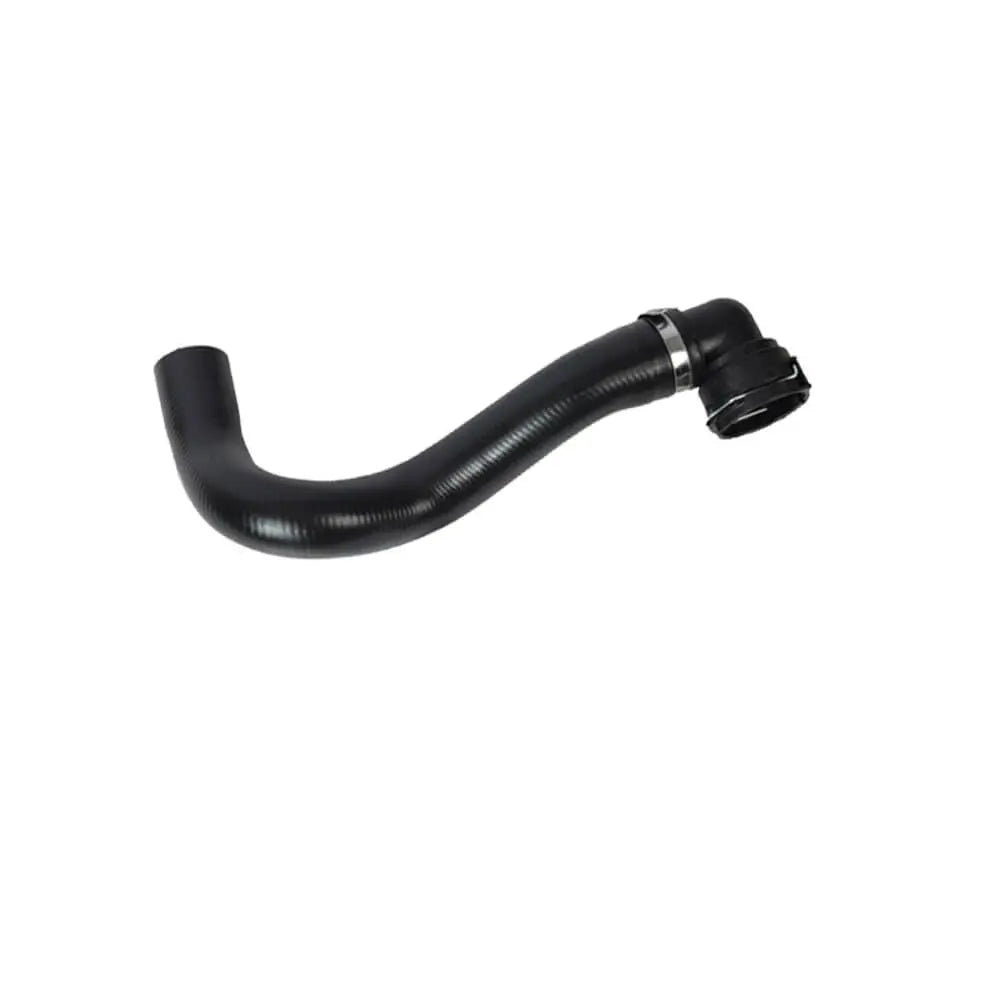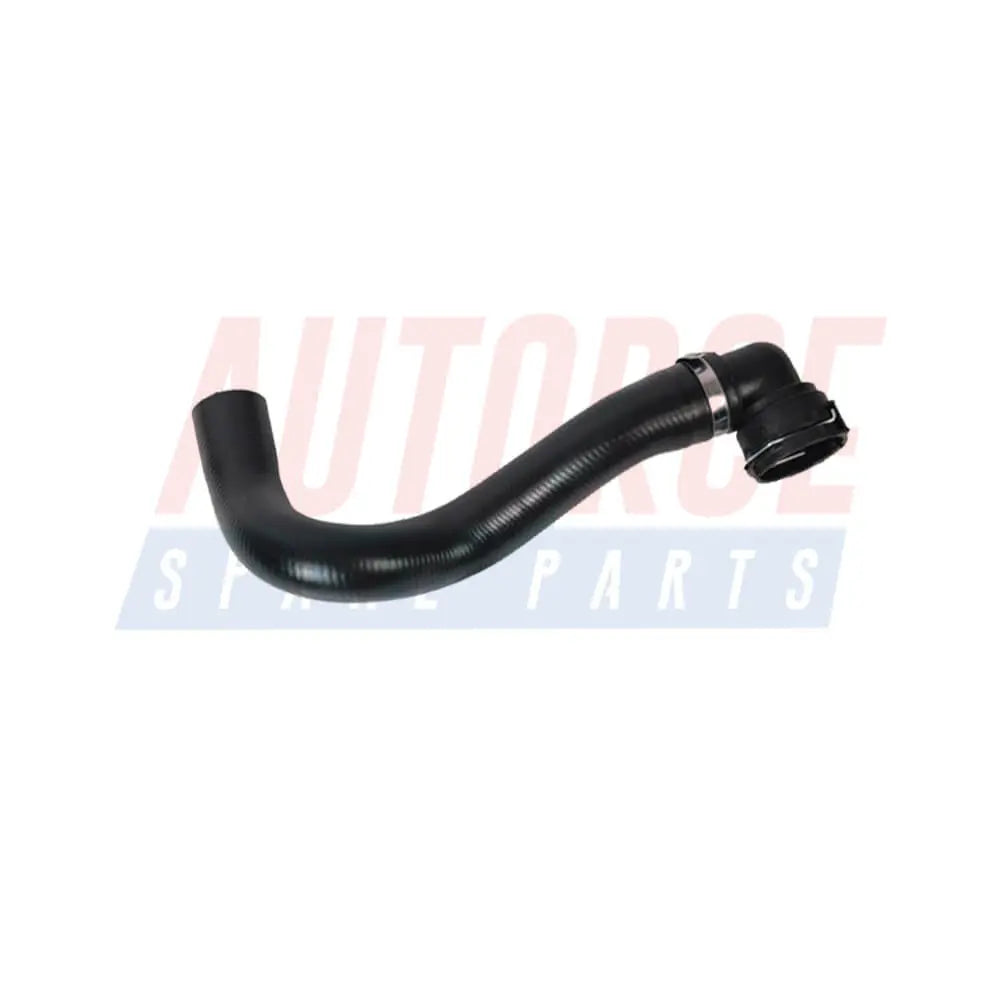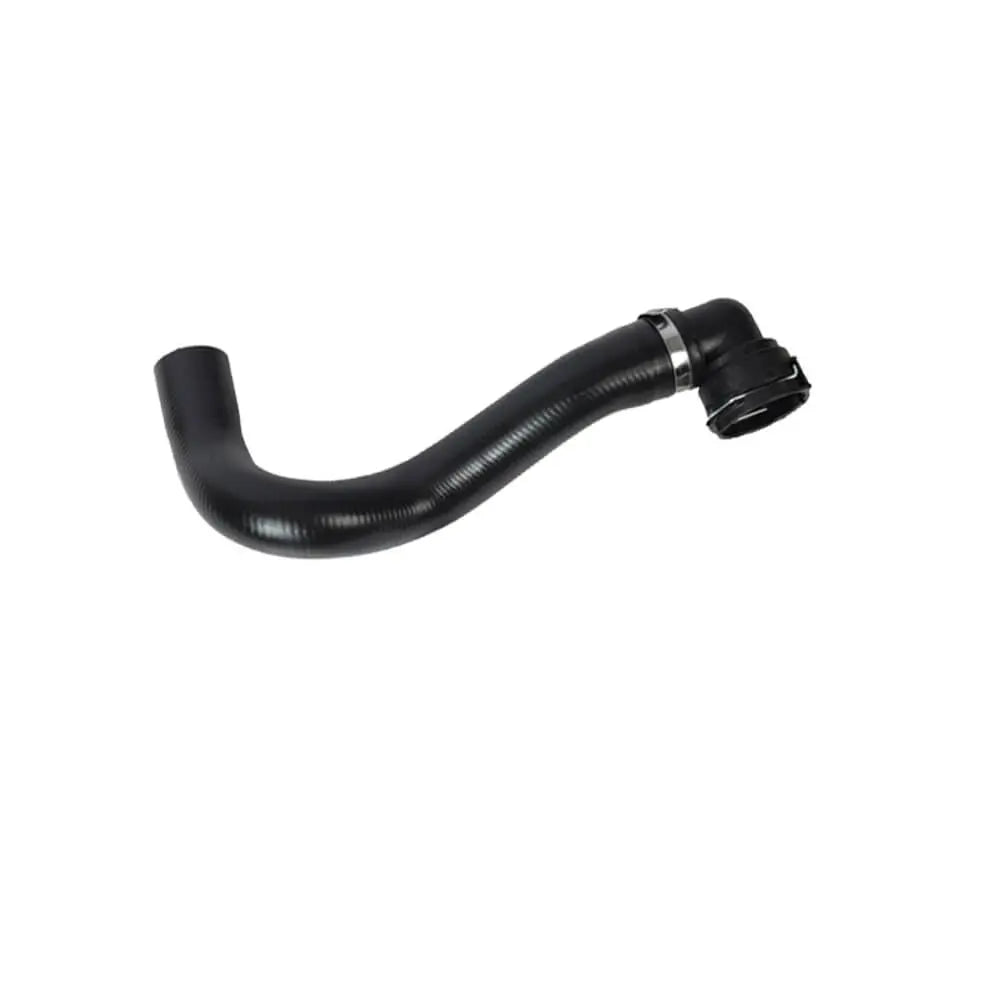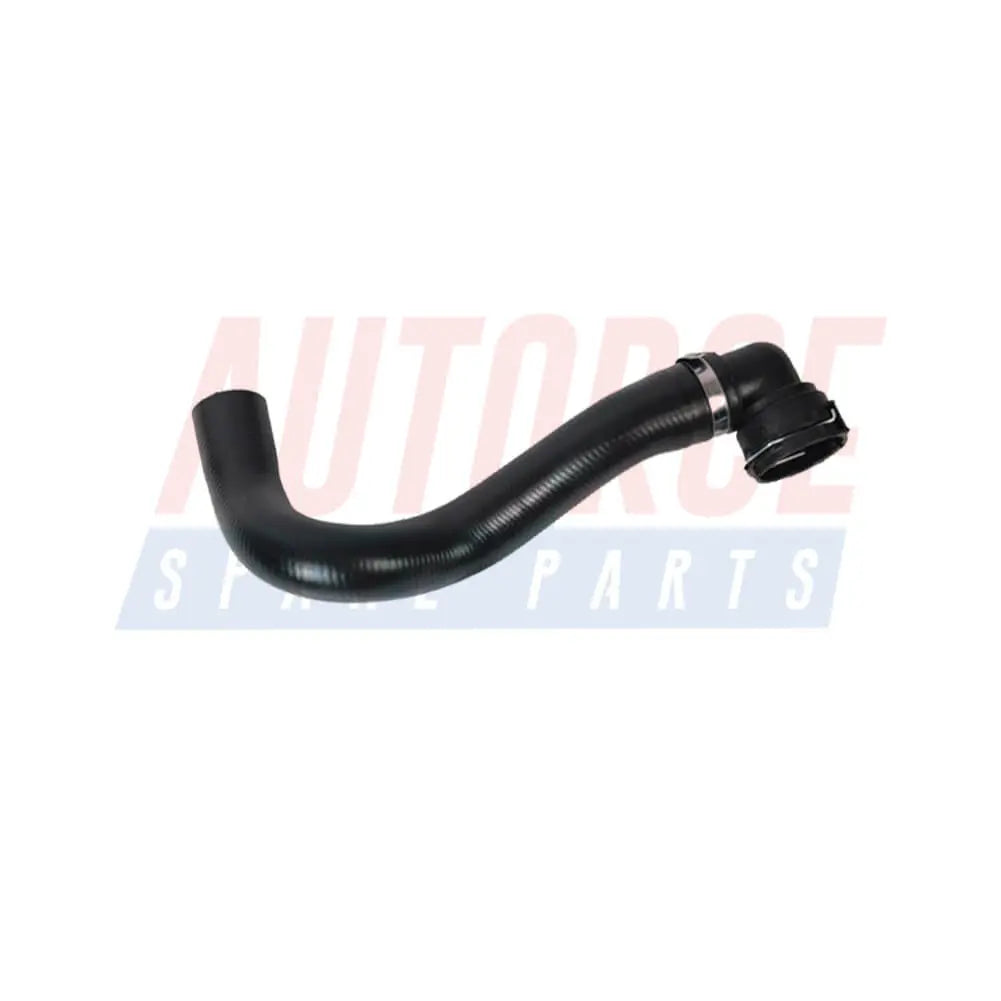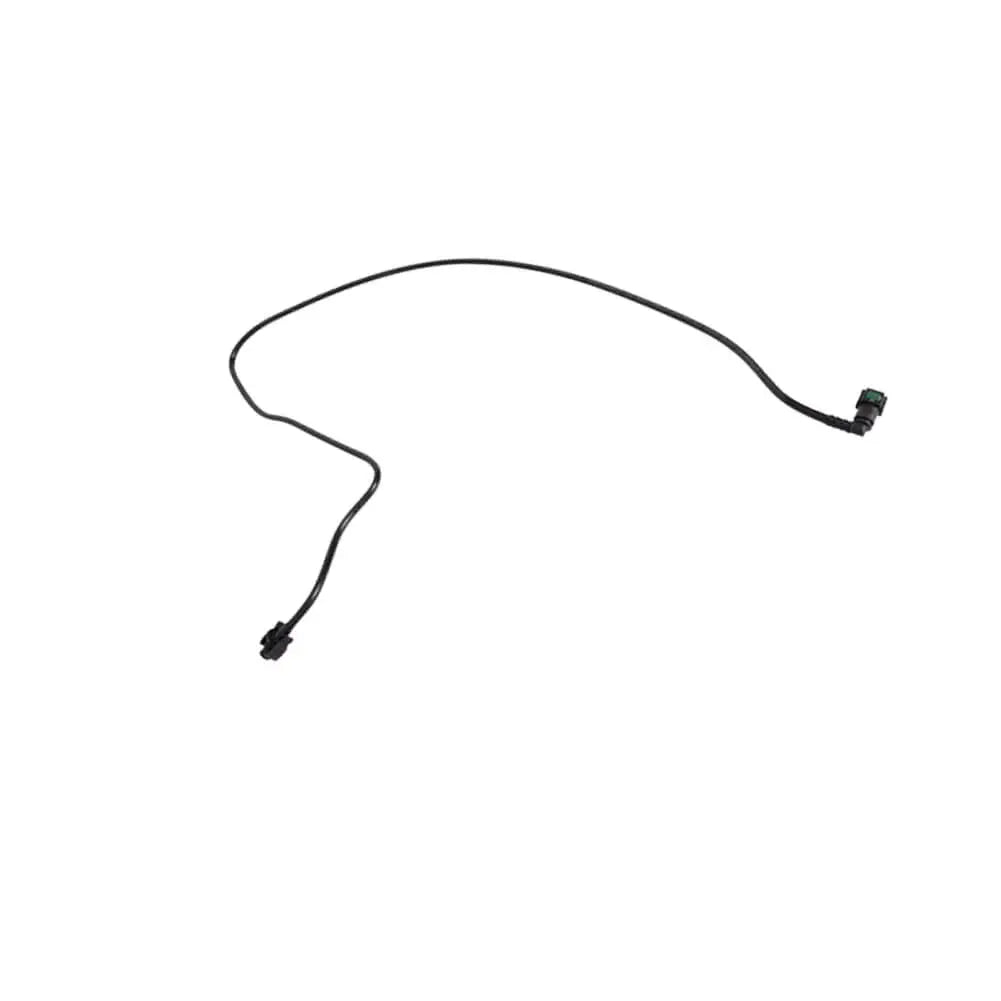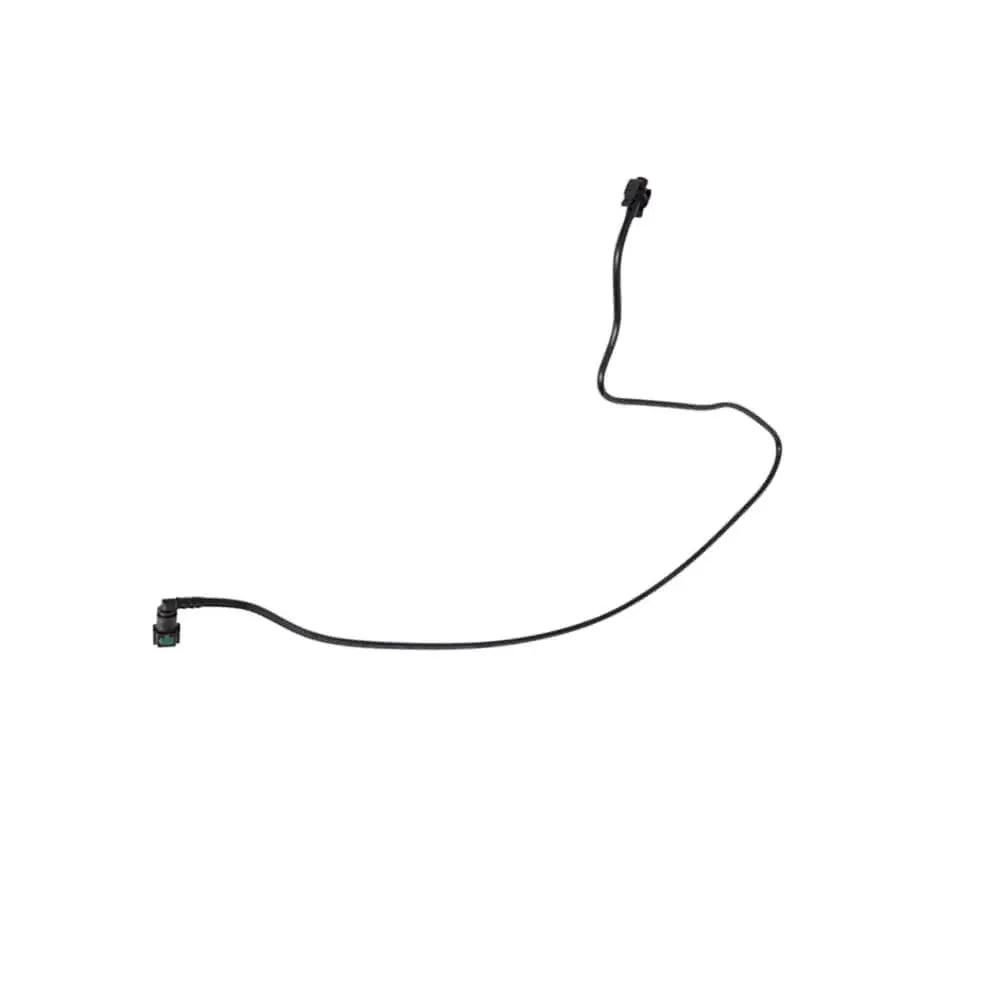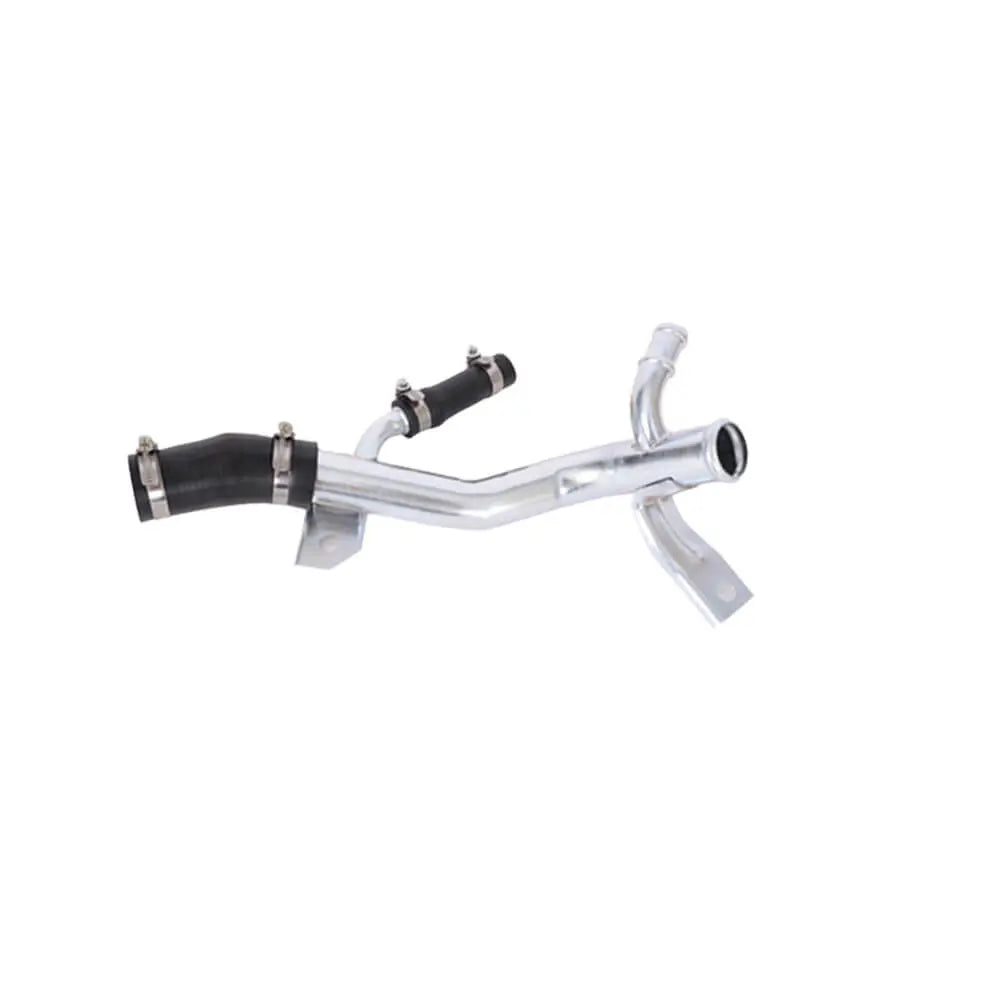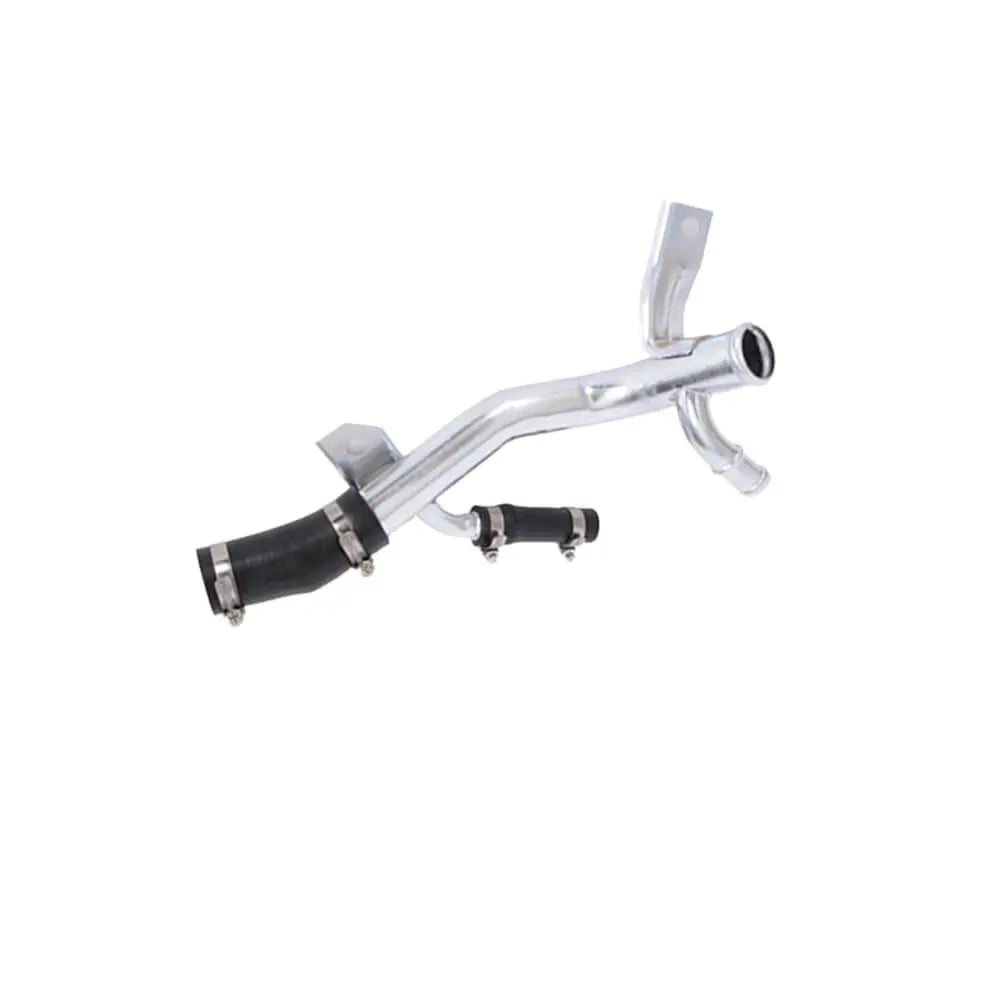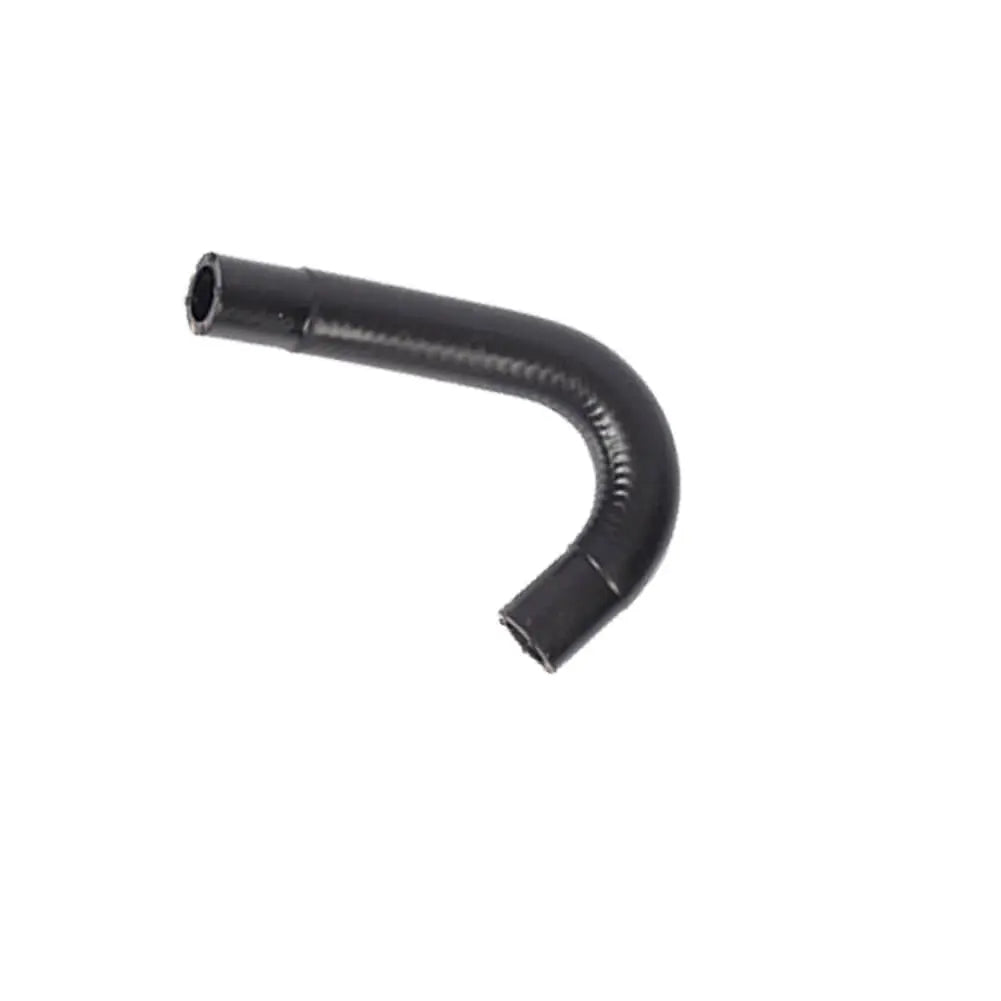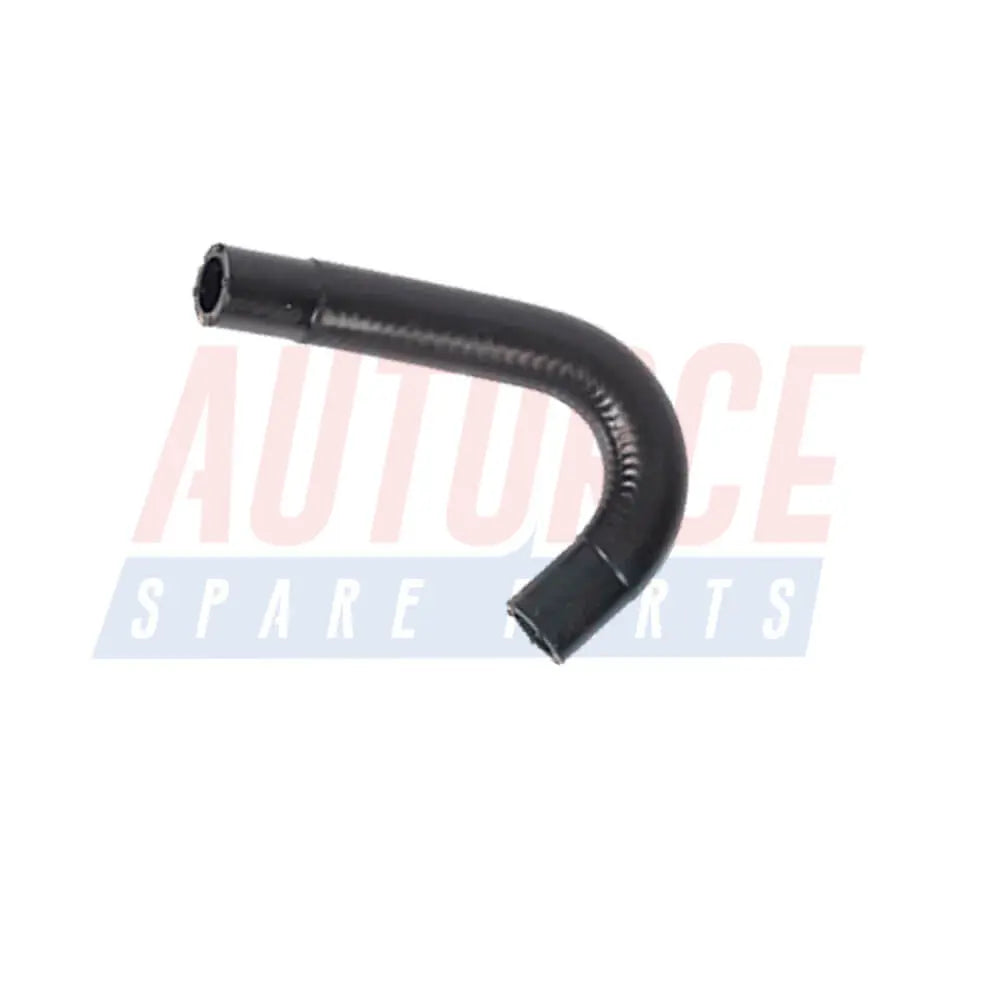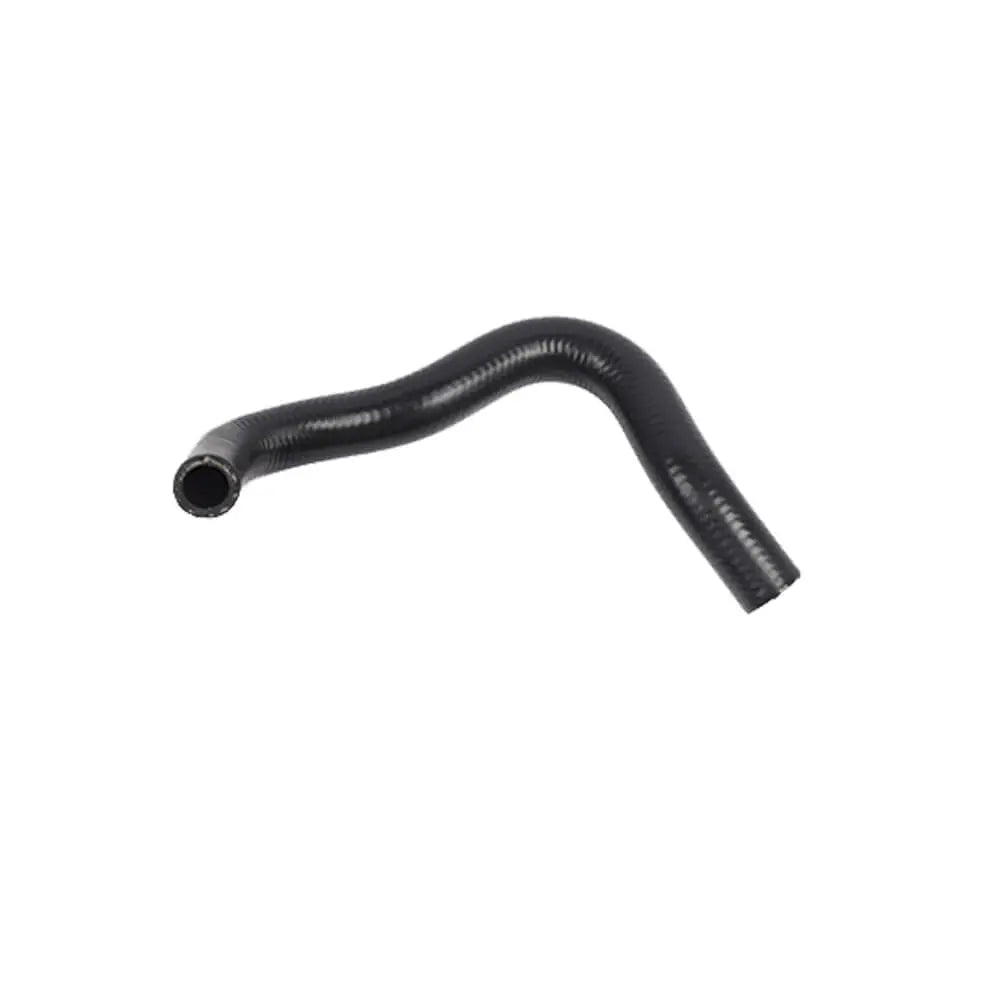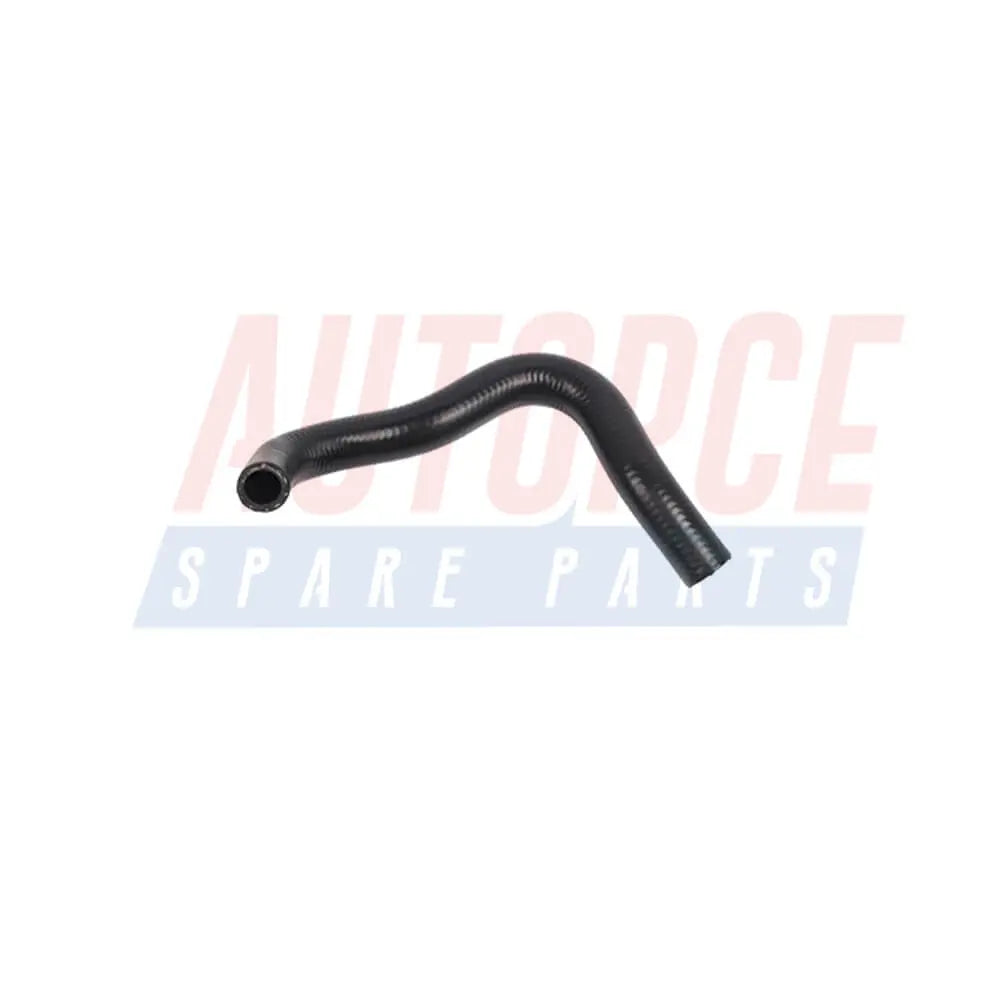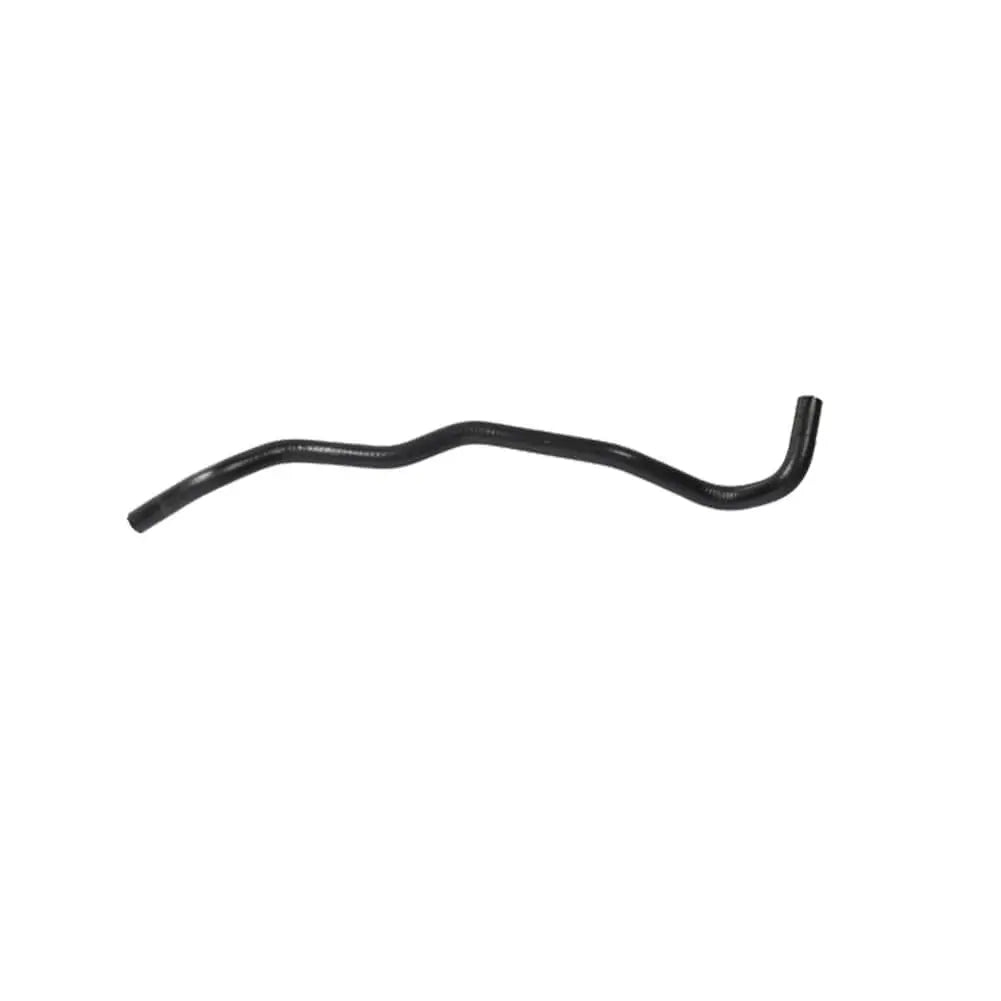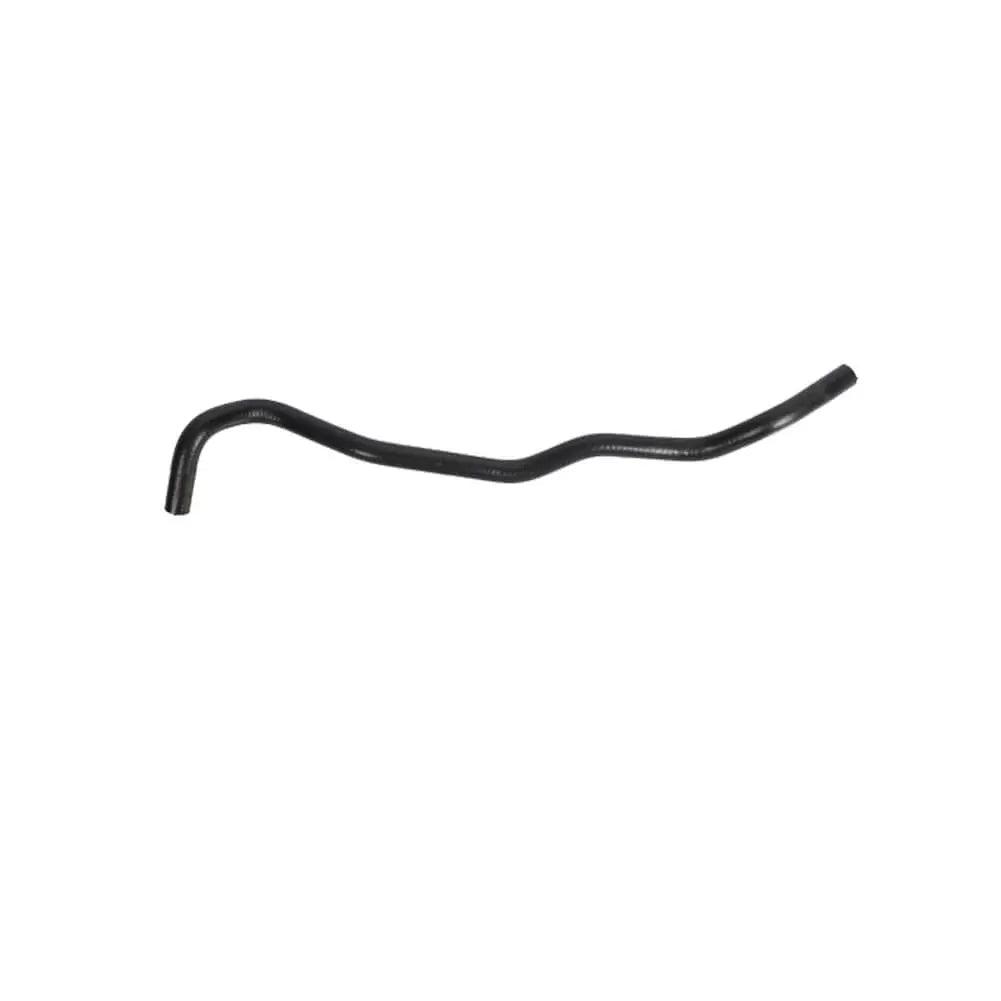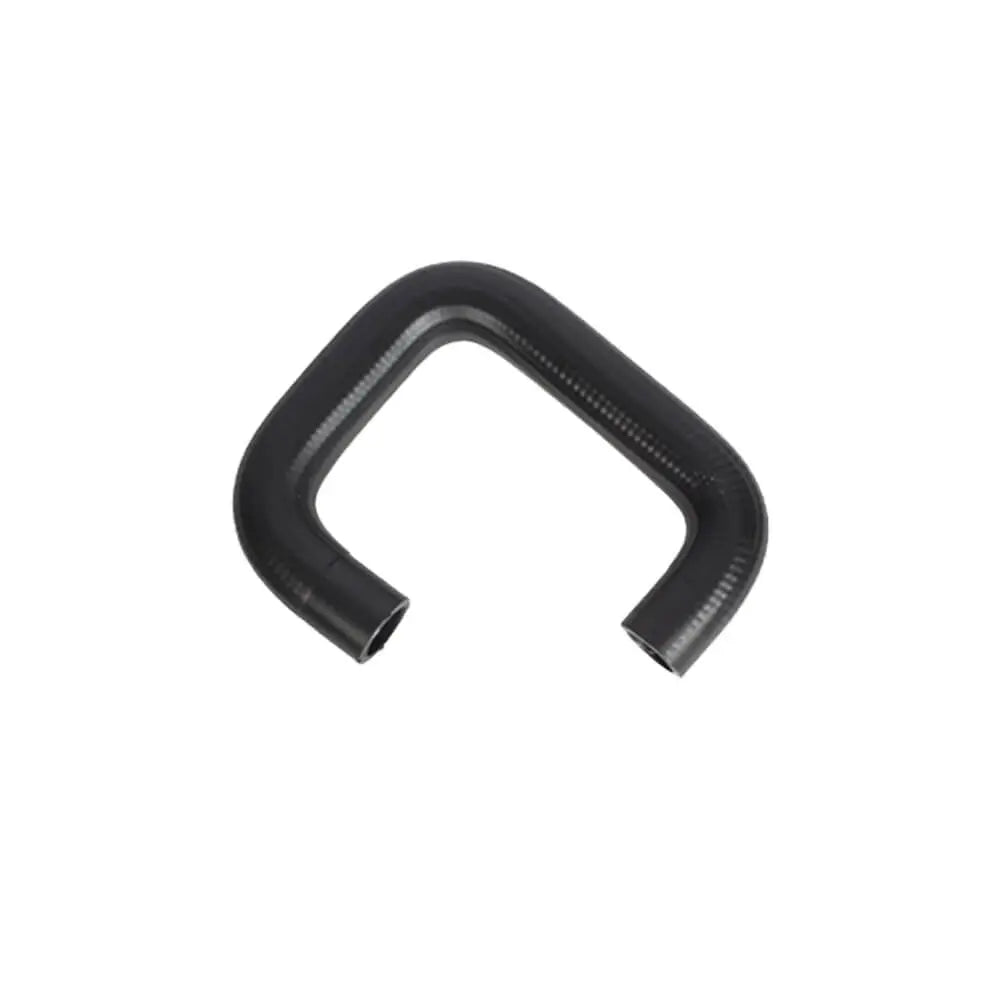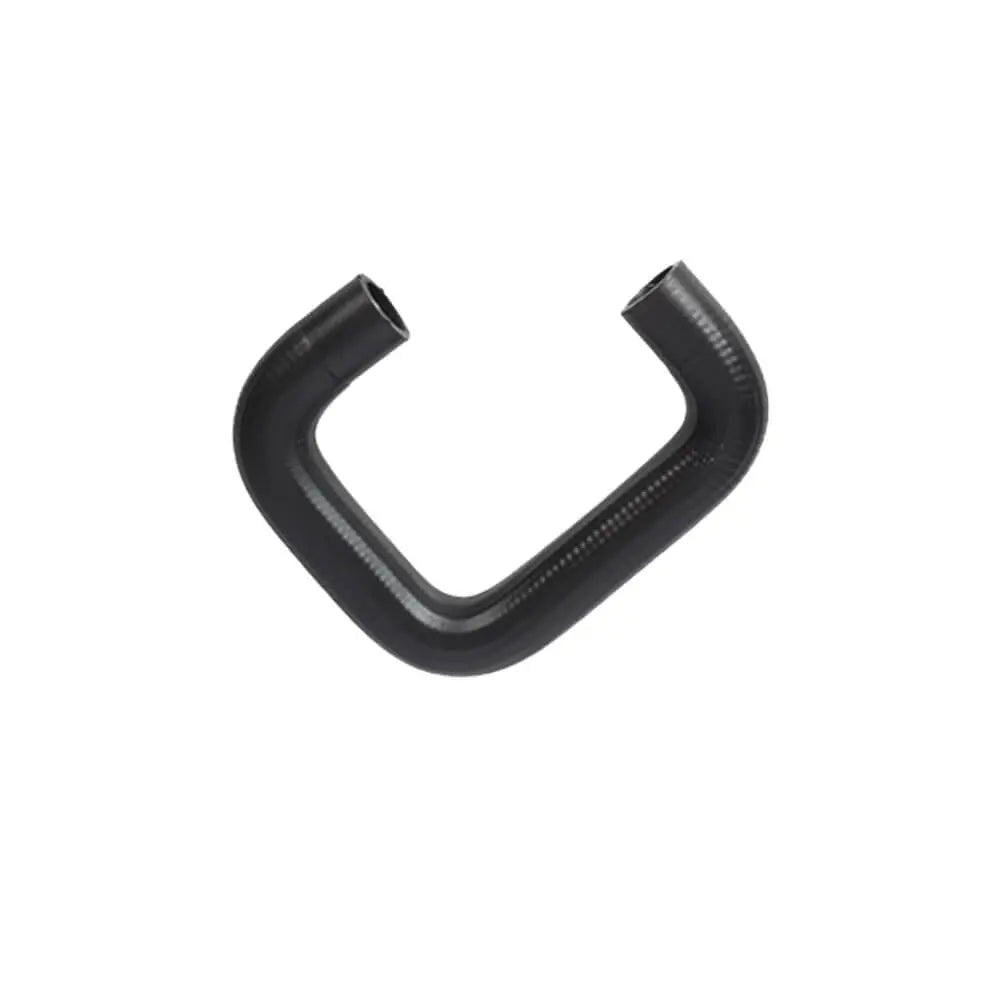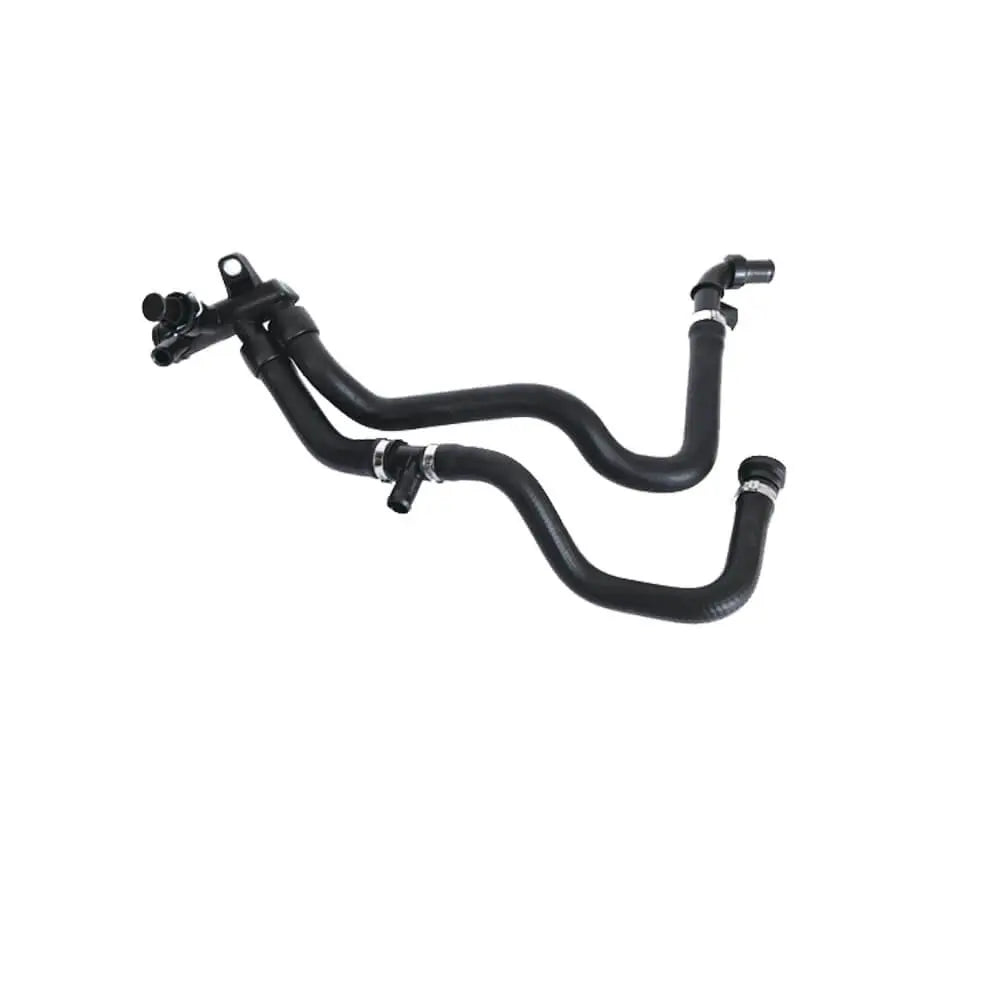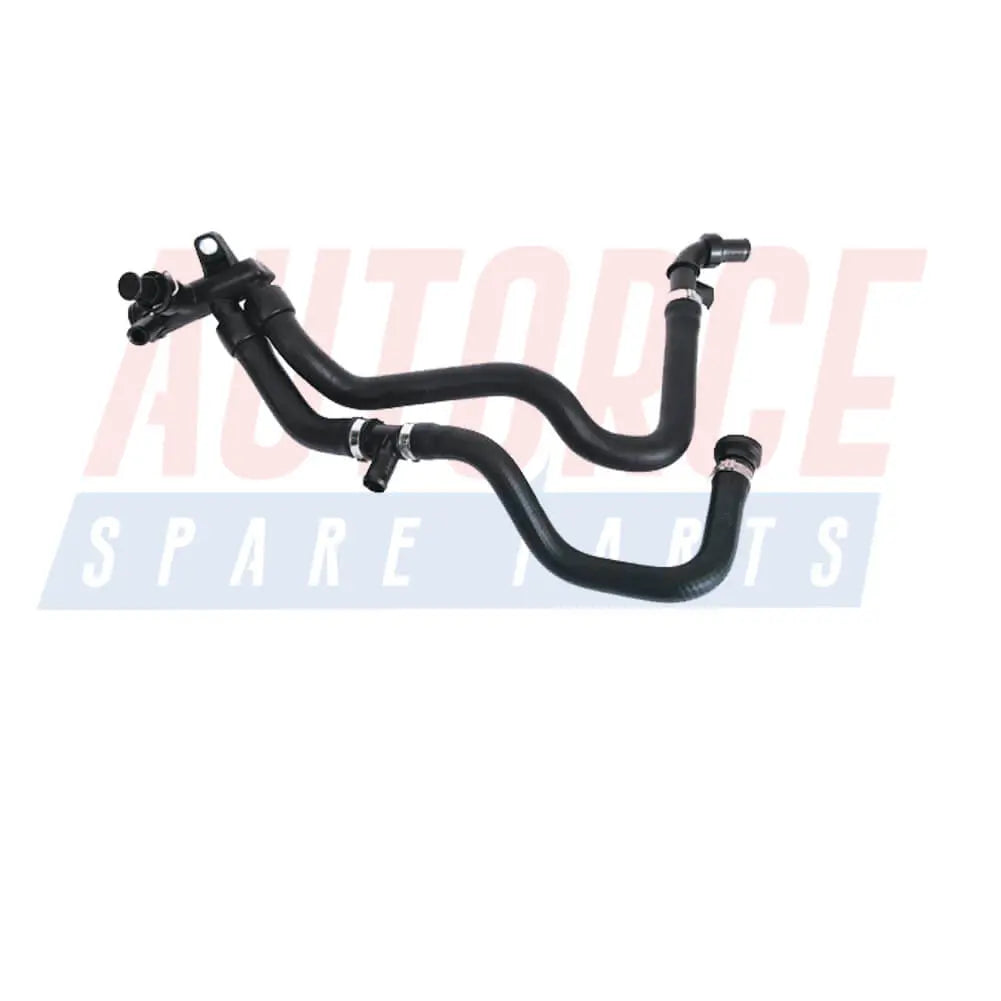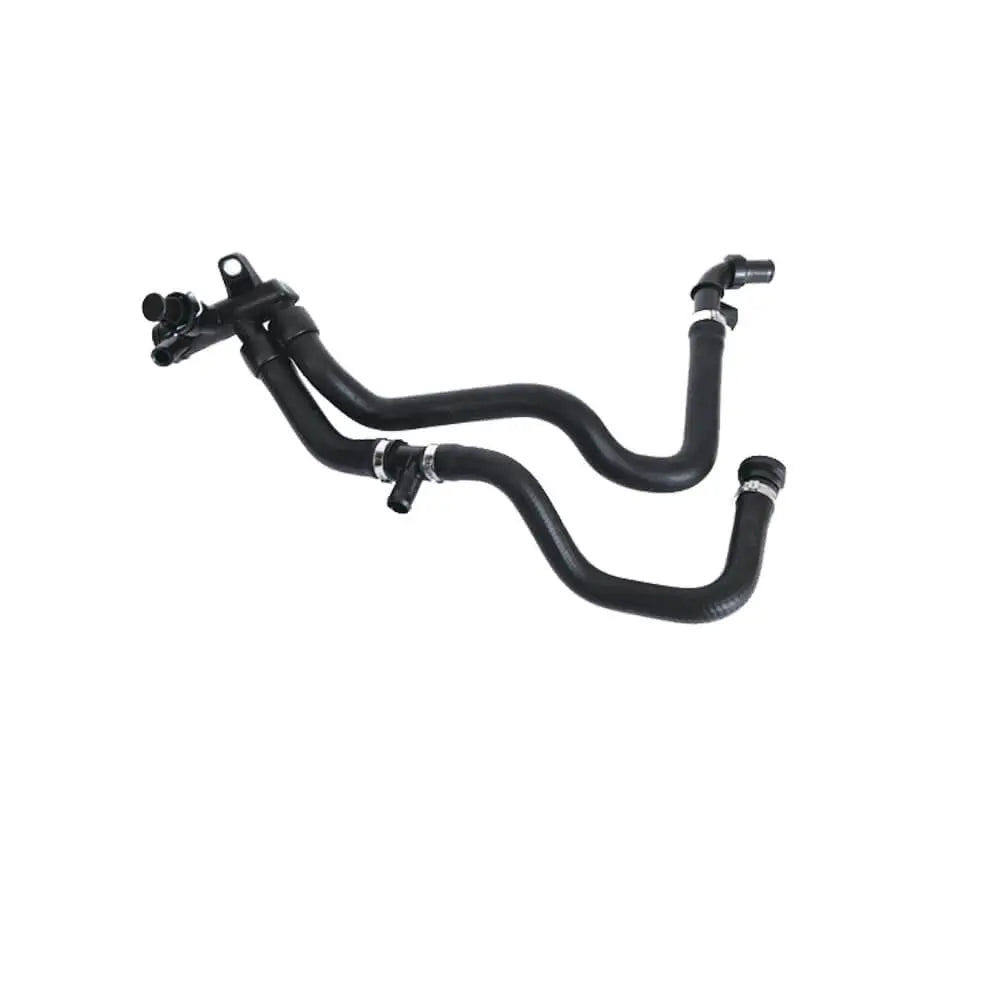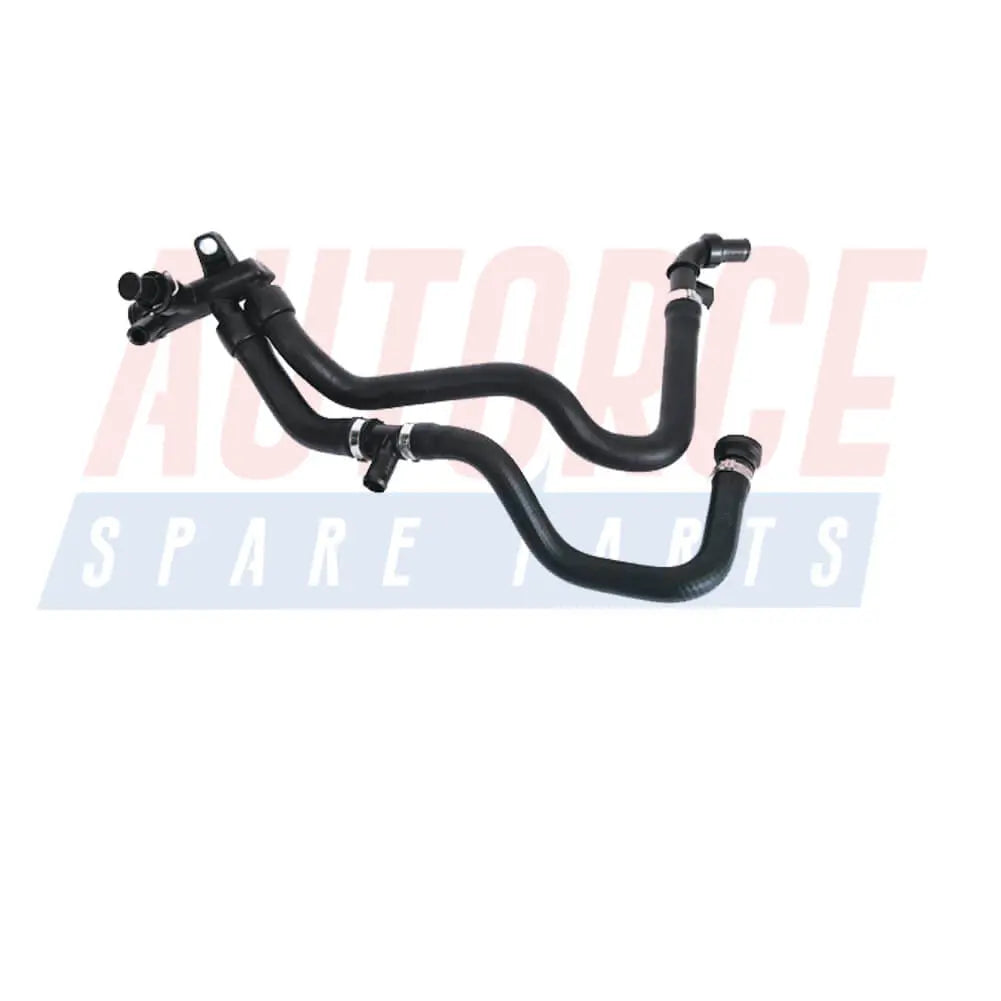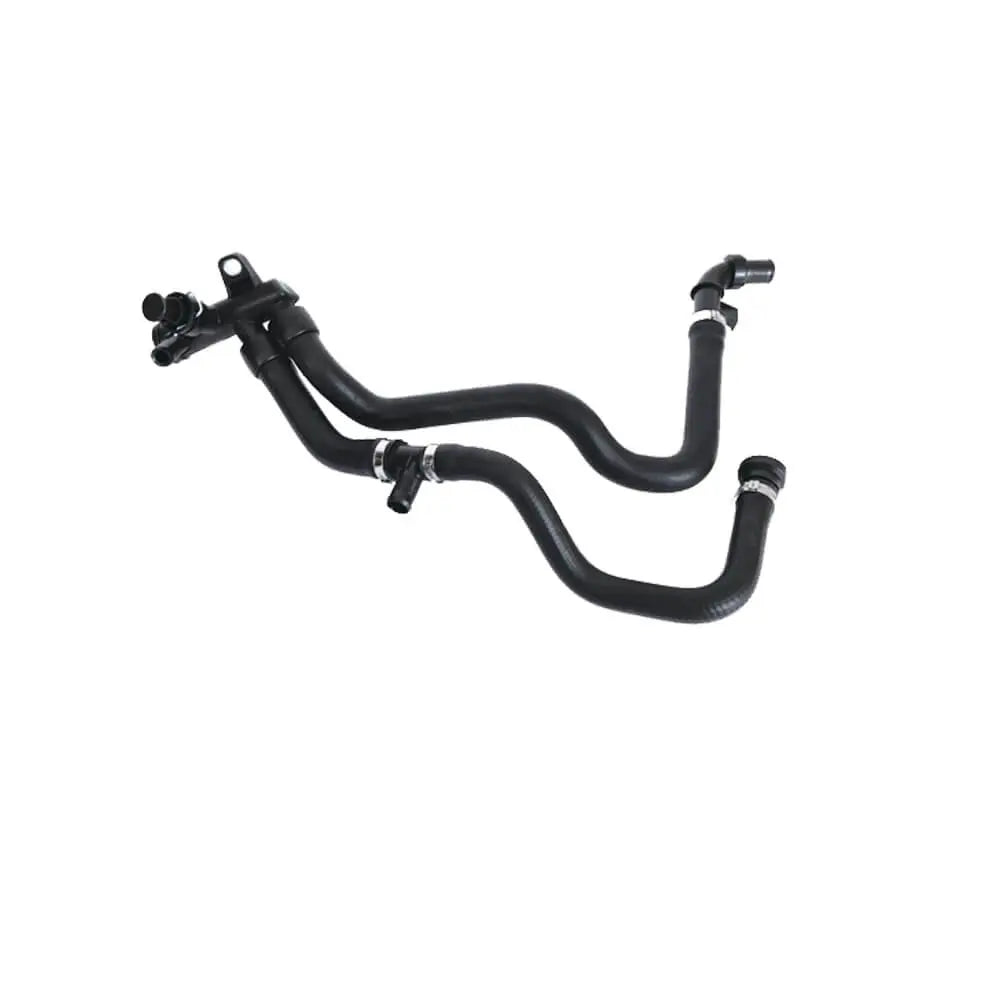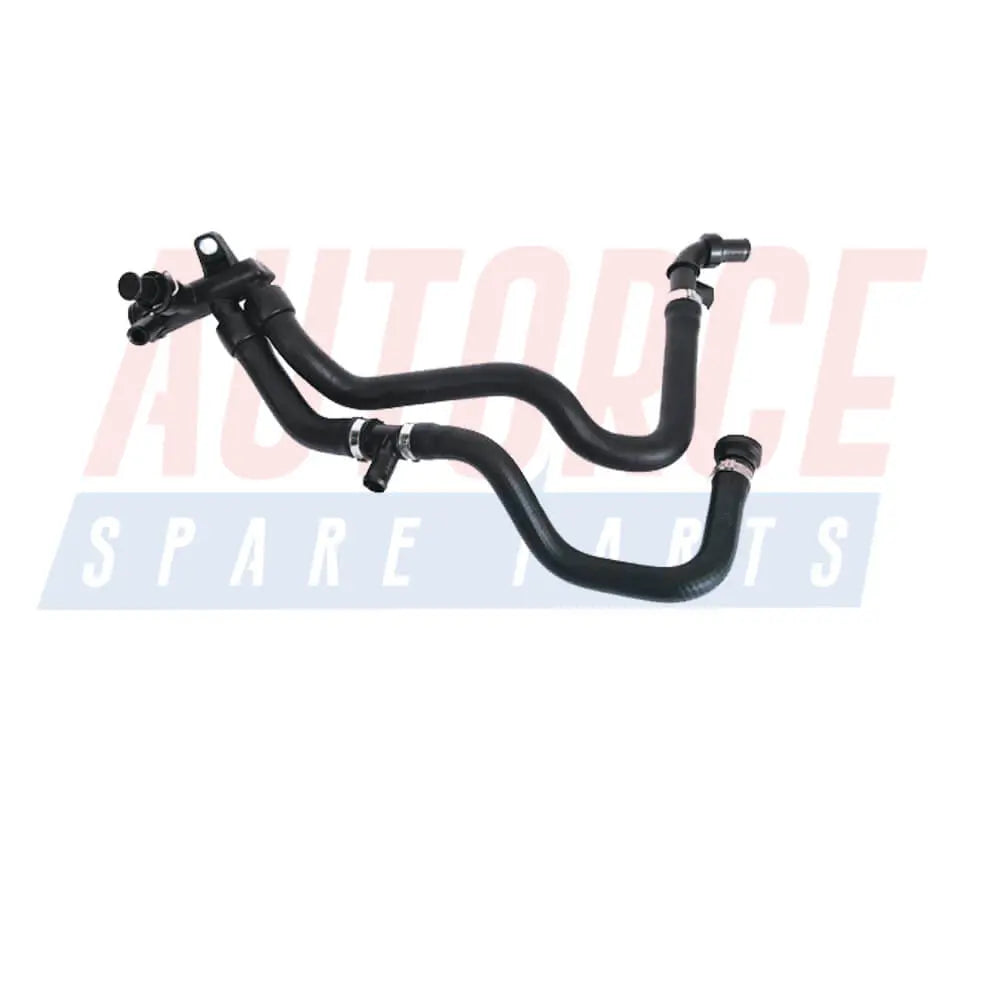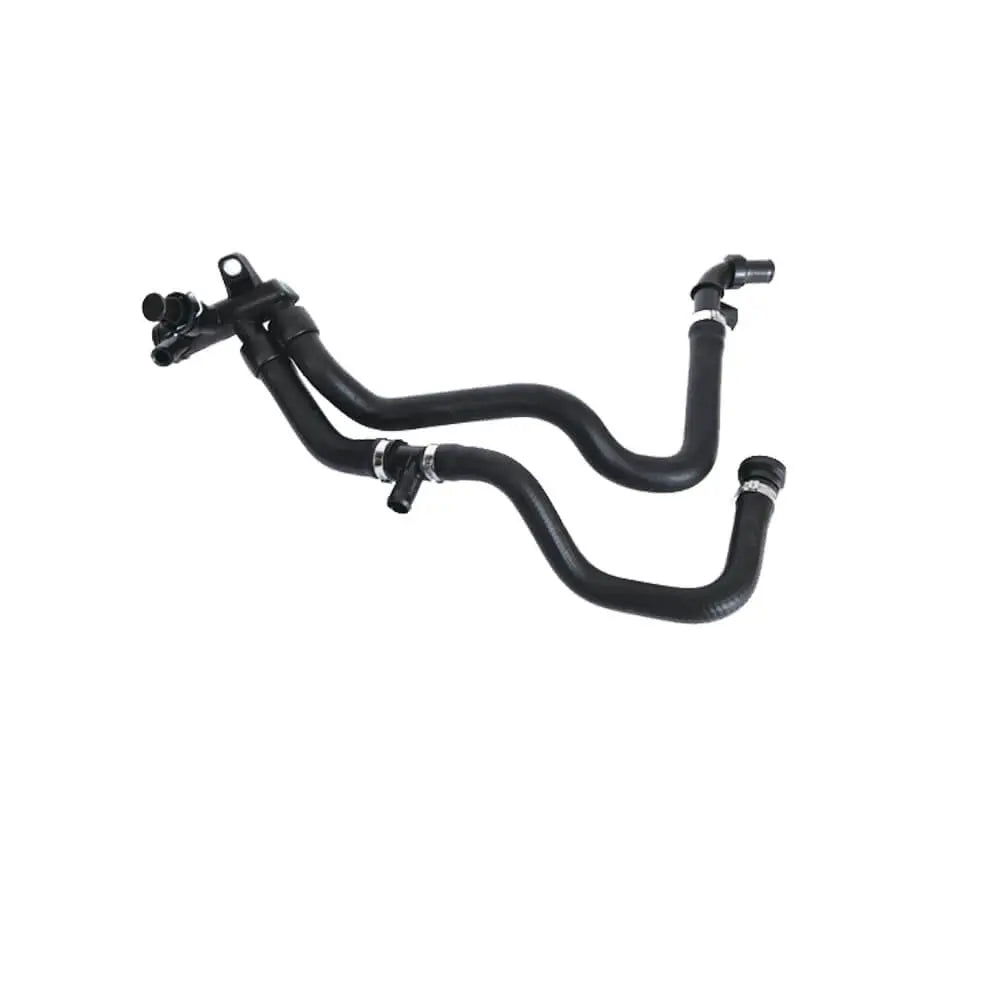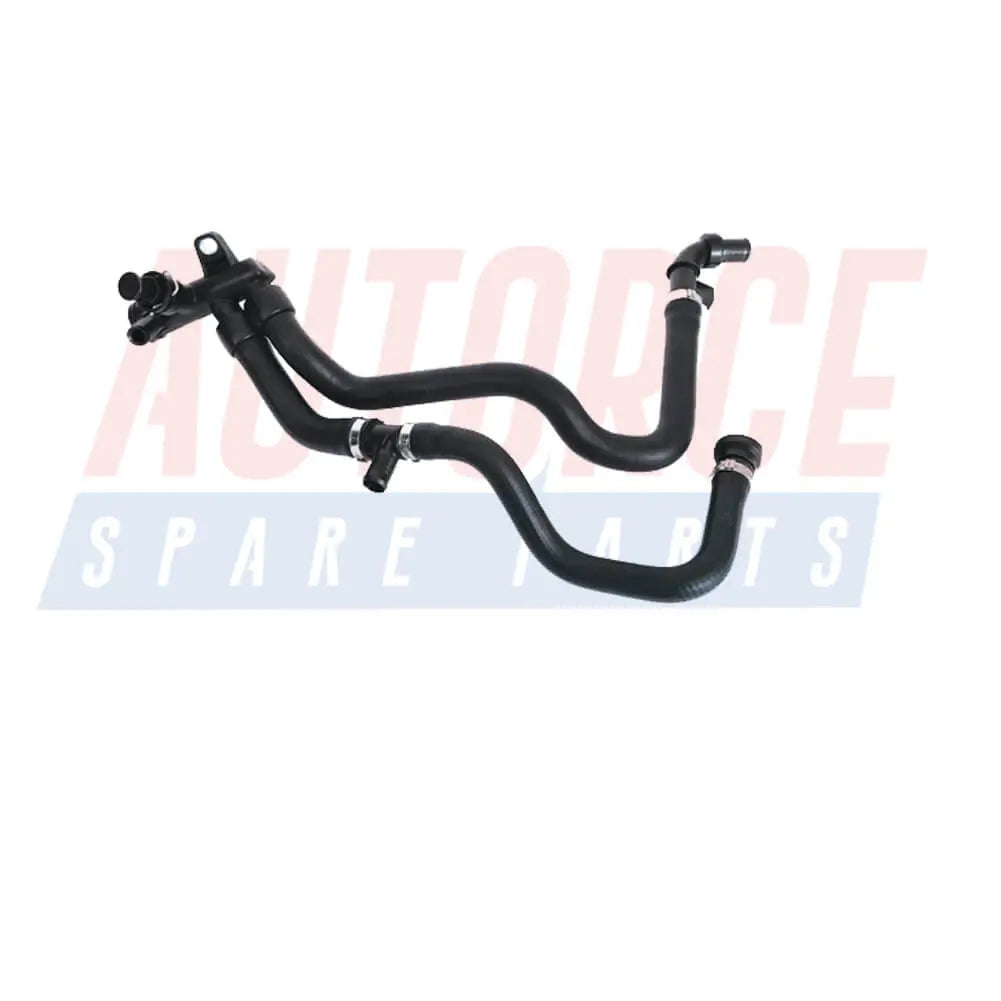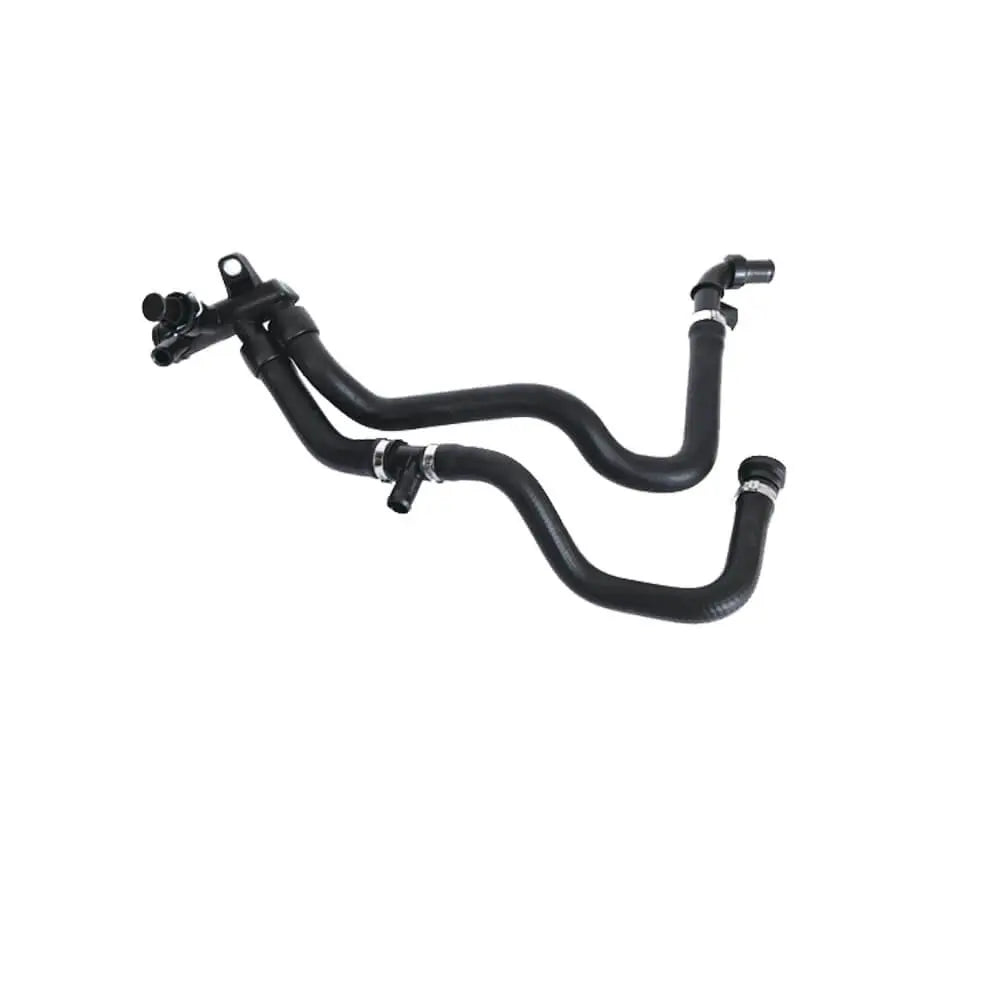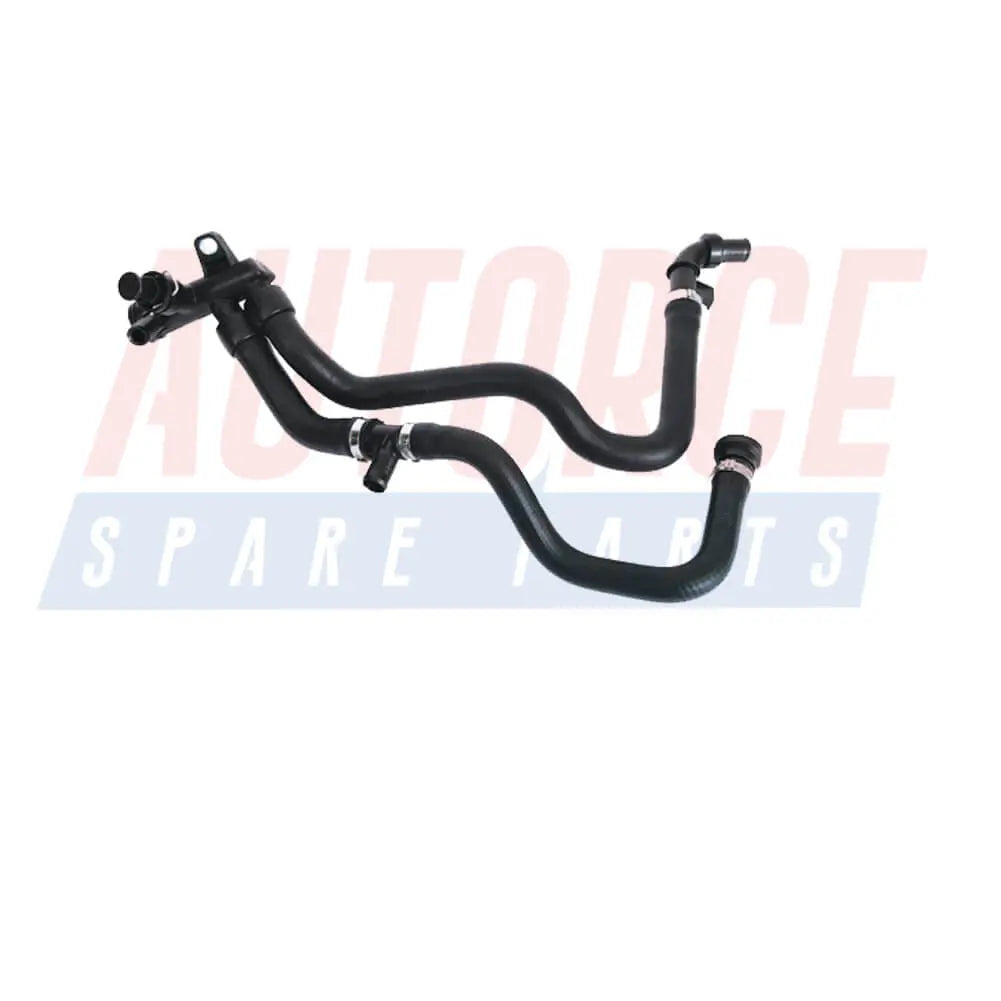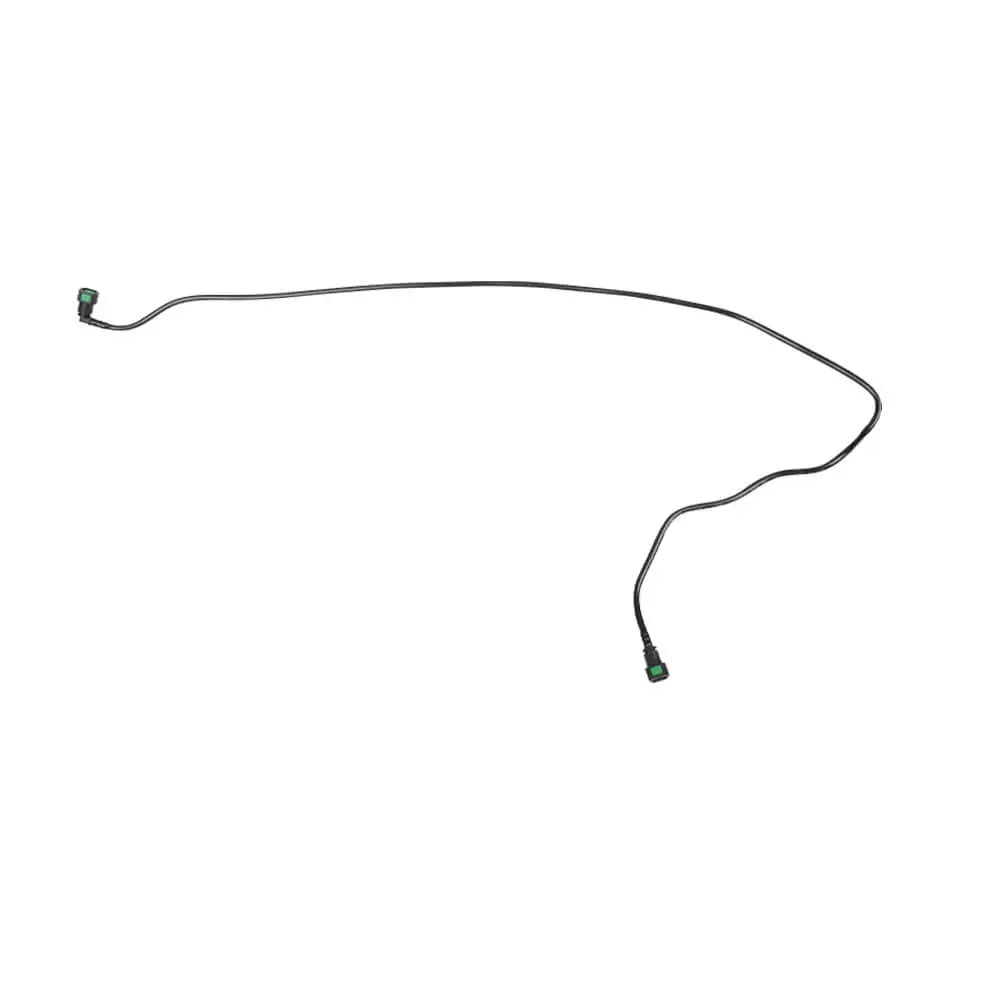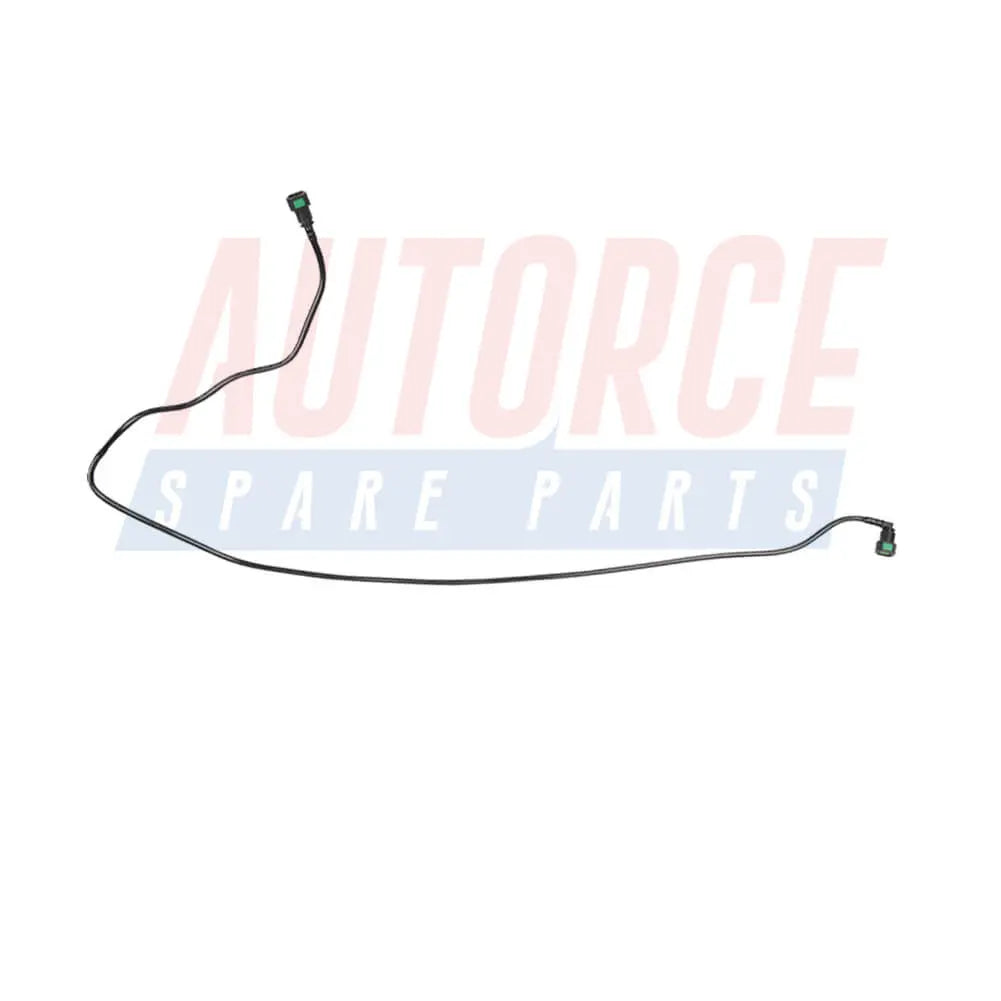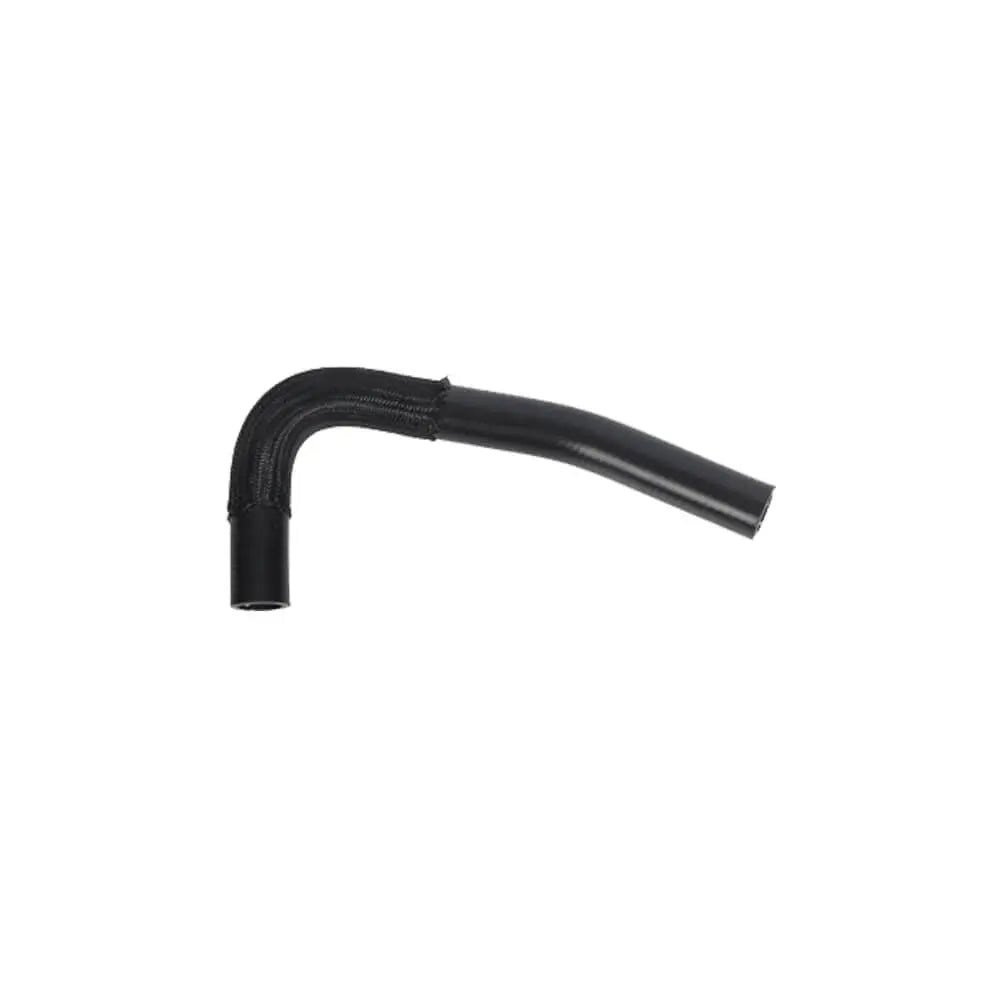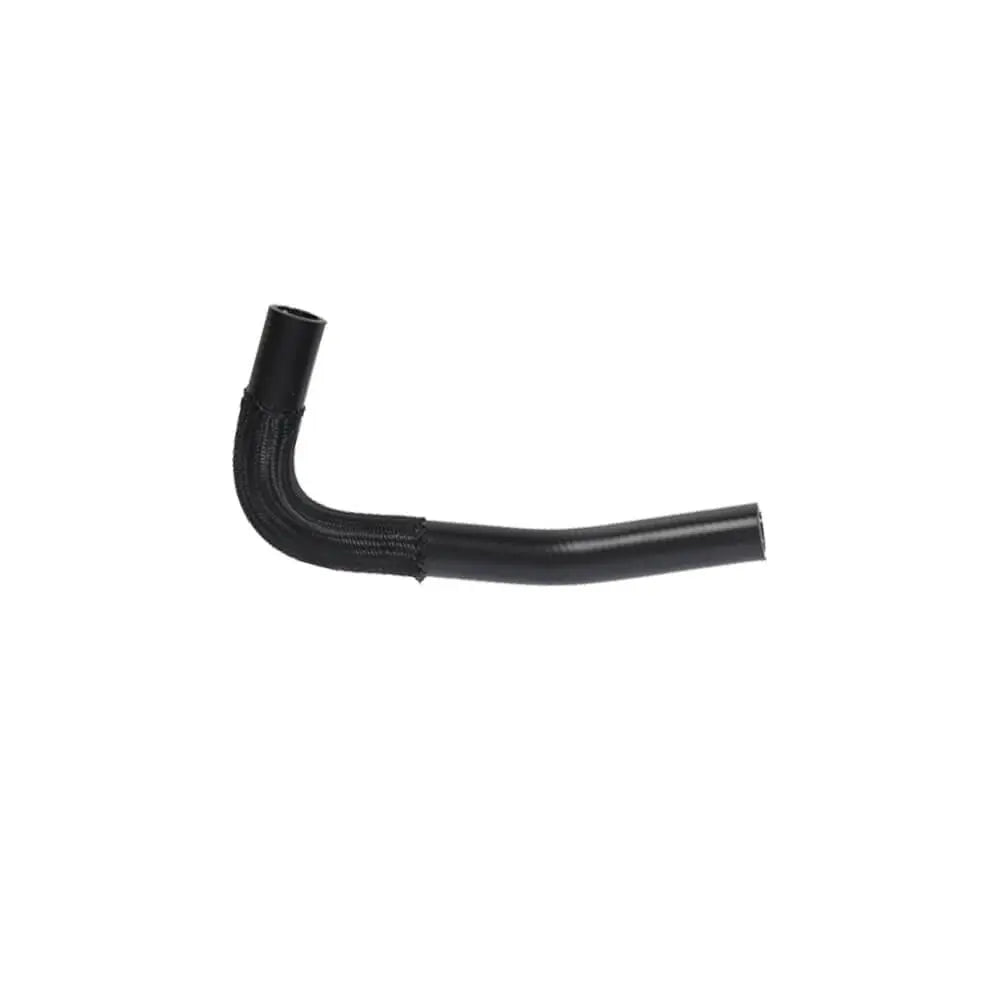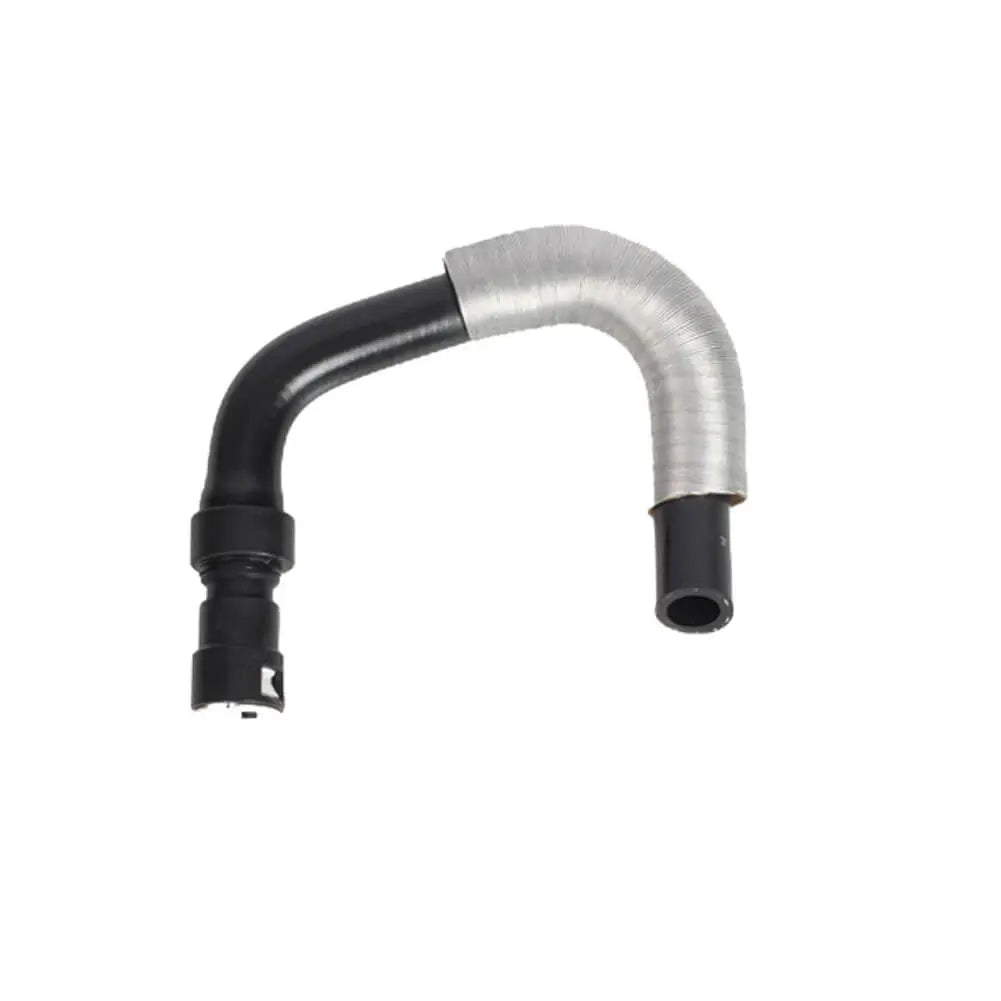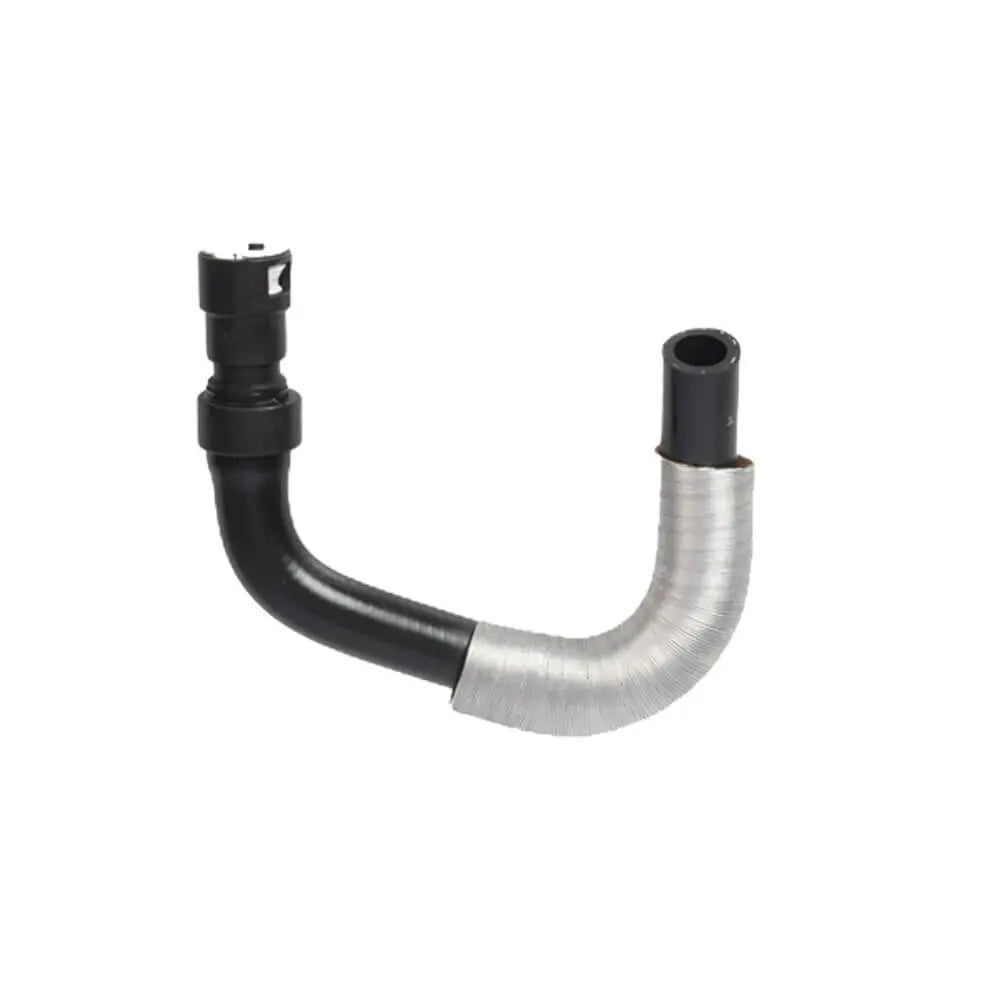Radiator Hose
145 products
Showing 73 - 96 of 145 products
Understanding Radiator Hoses: Vital Components in Automotive Cooling Systems
Vehicles rely on various systems to ensure optimal performance and prevent overheating. Among these, the cooling system plays a crucial role in maintaining the engine's temperature within safe operating limits. At the heart of this system, radiator hoses serve as essential conduits, responsible for transferring coolant between the engine and the radiator. In this article, we will delve into the importance, functions, and maintenance of radiator hoses.
The Role of Radiator Hoses
Radiator hoses are durable, flexible tubes typically made of rubber or silicone compounds that connect the engine to the radiator. These hoses are specifically designed to transport coolant, a mixture of water and antifreeze, between the engine and the radiator to regulate temperature. They provide a secure passage for the coolant to flow, ensuring efficient heat transfer from the engine to the radiator and preventing overheating.
Components and Types of Radiator Hoses
a. Upper and Lower Hoses: Most vehicles have two main types of radiator hoses—the upper hose and the lower hose. The upper hose connects the top of the engine to the radiator, while the lower hose connects the bottom of the engine to the radiator. Together, they create a continuous loop, allowing coolant to flow in a regulated manner.
b. Heater Hoses: In addition to the upper and lower hoses, some vehicles have heater hoses. These hoses transport hot coolant to the heater core, which provides heat for the passenger compartment.
Key Features and Durability
Radiator hoses are engineered to withstand high temperatures, pressure, and exposure to various fluids. They possess several important features:
a. Heat Resistance: Radiator hoses must resist the intense heat generated by the engine to prevent them from melting or becoming brittle.
b. Flexibility: The hoses need to be flexible to accommodate engine movements and allow for easier installation.
c. Reinforcements: Some radiator hoses incorporate internal reinforcement, such as fabric or wire, to enhance their strength and prevent collapse under vacuum conditions.
d. Corrosion Resistance: The hoses are designed to resist corrosion caused by the coolant and other fluids they come into contact with.
Signs of Radiator Hose Issues
Given their critical role, it is important to be aware of signs that may indicate radiator hose problems:
a. Cracks or Leaks: Visual inspection may reveal cracks, bulges, or leaks in the hoses, which can result in coolant loss and engine overheating.
b. Soft or Spongy Hoses: Hoses that feel soft, spongy, or swollen may indicate deterioration due to heat or chemical exposure.
c. Collapsed Hoses: A collapsed hose restricts coolant flow, leading to engine overheating. Squeezing the hose gently can help identify any collapse.
Maintenance and Replacement
To ensure the optimal performance and longevity of radiator hoses, the following maintenance practices are recommended:
a. Regular Inspection: Periodically inspect hoses for signs of wear, damage, or leaks. Replace any worn or damaged hoses promptly.
b. Coolant Replacement: Follow the manufacturer's guidelines for coolant replacement to prevent coolant breakdown, which can lead to hose deterioration.
c. Tension Checks: Check hose clamps or connections for proper tension. Loose or damaged clamps can cause leaks or disconnection.
d. Temperature Checks: Monitor the engine's temperature gauge regularly to detect any signs of overheating, which may indicate hose or cooling system issues.
Professional Assistance
If you're unsure about the condition of your radiator hoses or encounter any issues, it is advisable to seek professional assistance. Trained technicians can perform comprehensive inspections, diagnose problems accurately, and replace hoses if necessary.
Radiator hoses are vital components of a vehicle's cooling system, facilitating the transfer of coolant between the engine and the radiator. By maintaining proper temperature regulation, these hoses contribute to the engine's optimal performance and prevent overheating. Regular inspection, maintenance, and timely replacement of radiator hoses are essential to ensure the cooling system's reliability and extend the lifespan of your vehicle. Remember, a well-maintained cooling system and healthy radiator hoses are key to a smooth and trouble-free driving experience.
